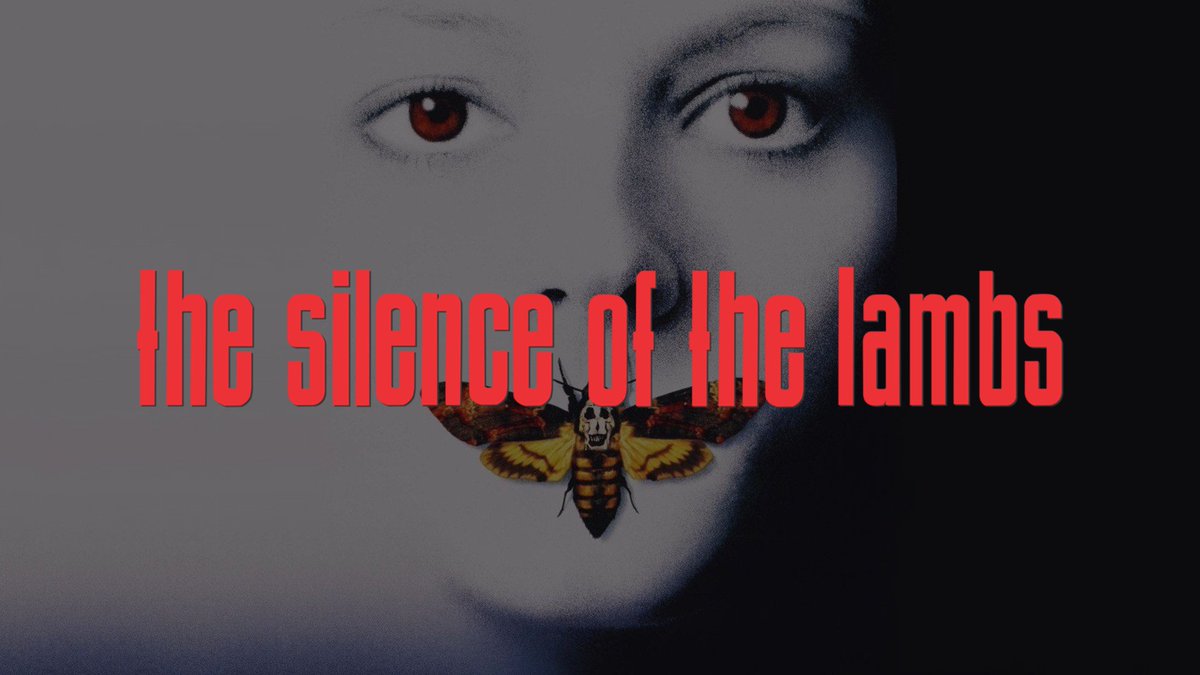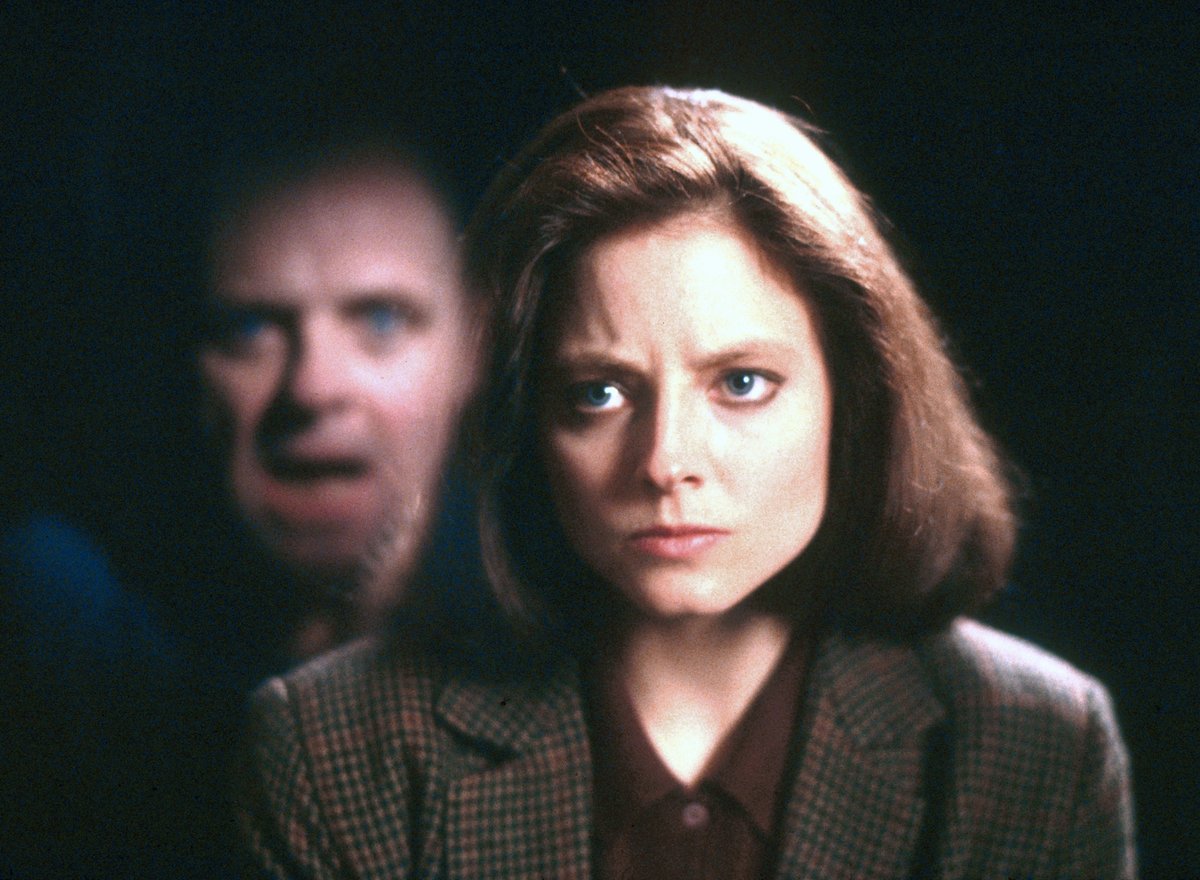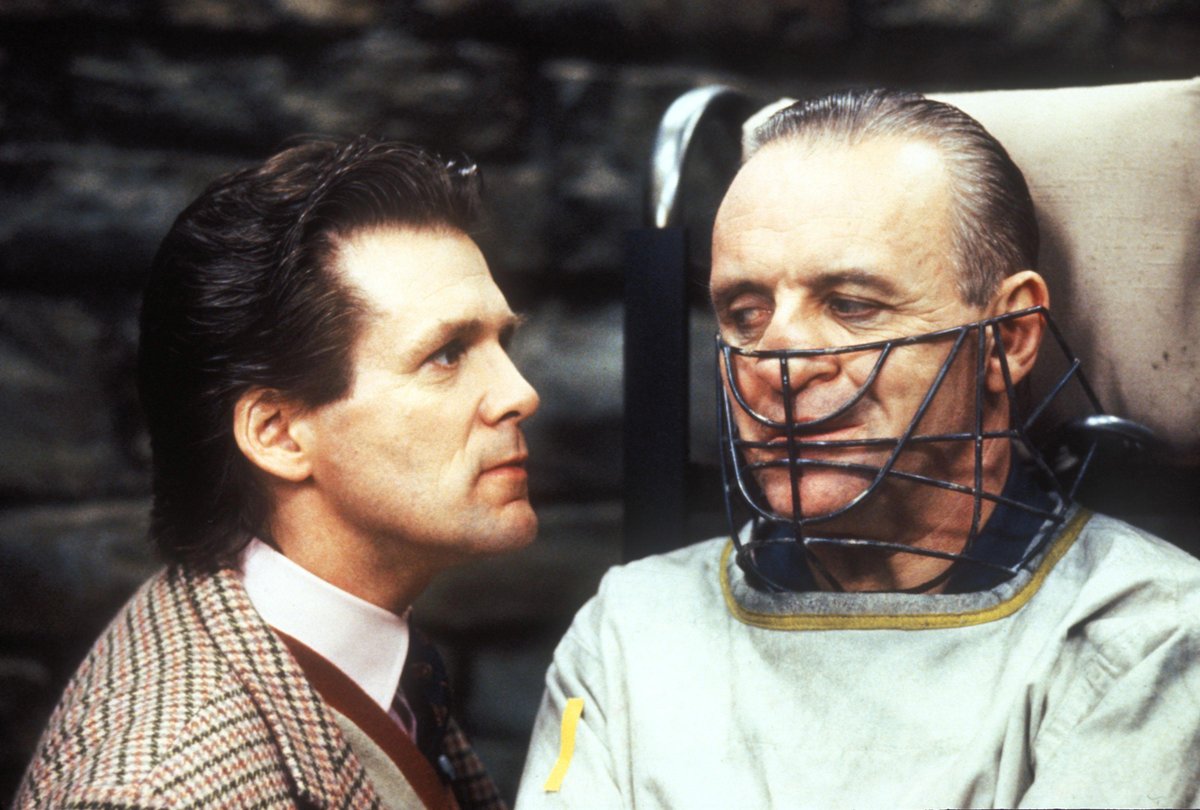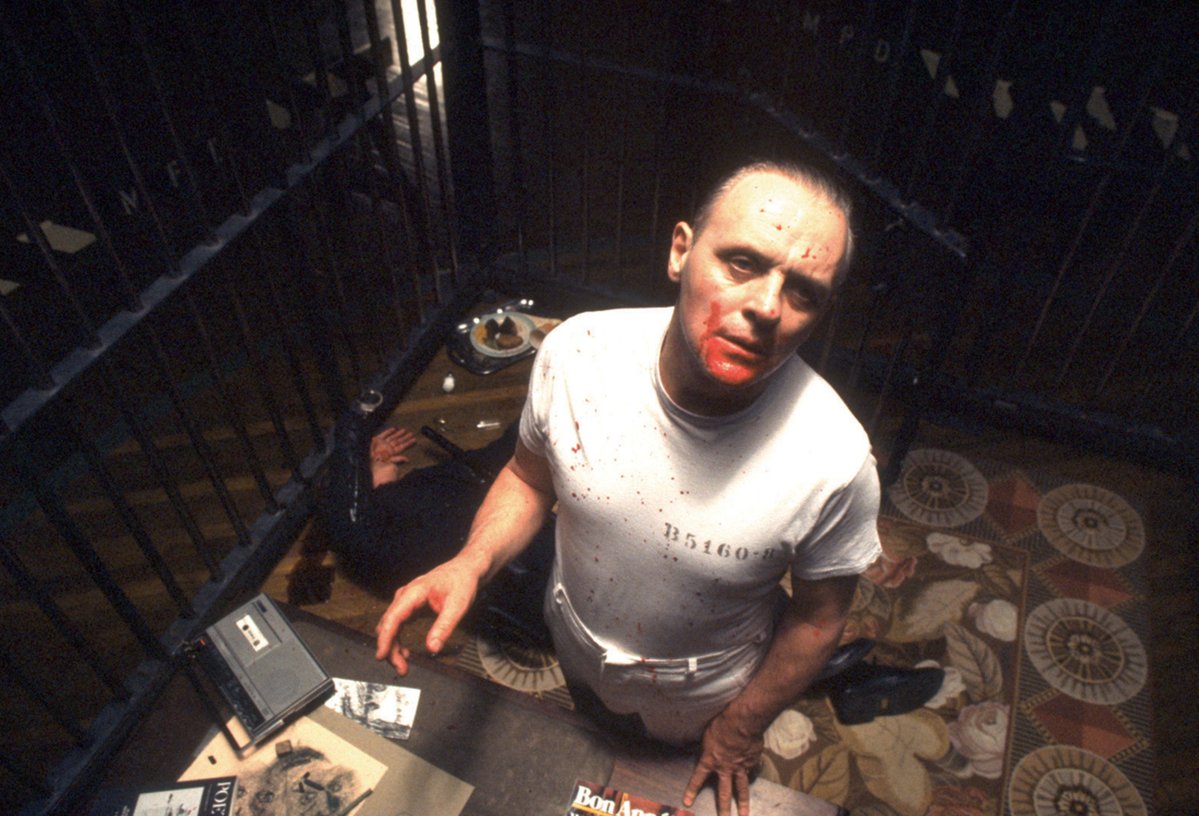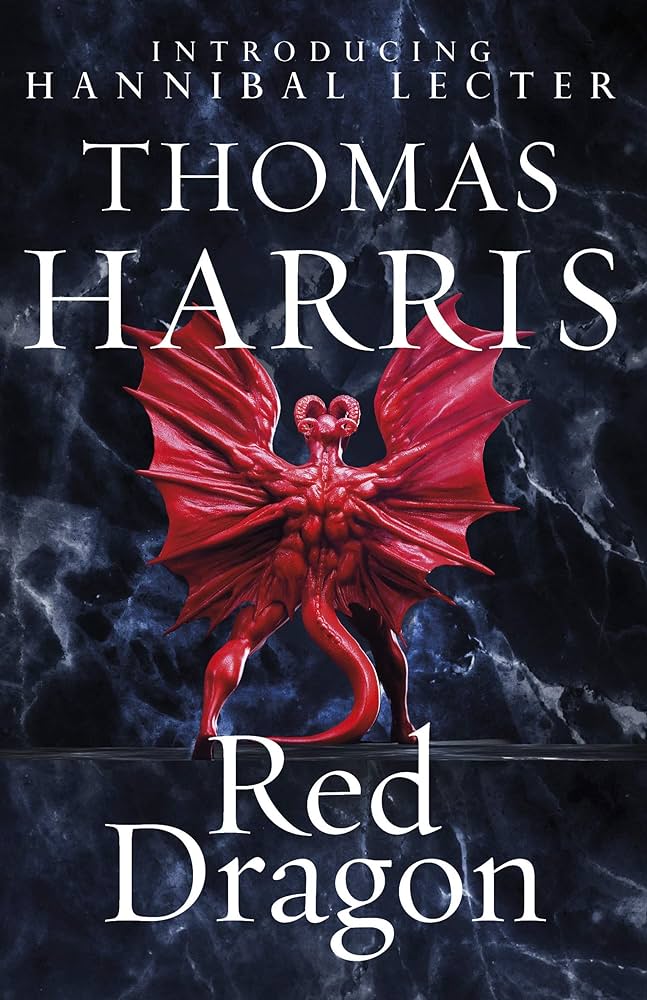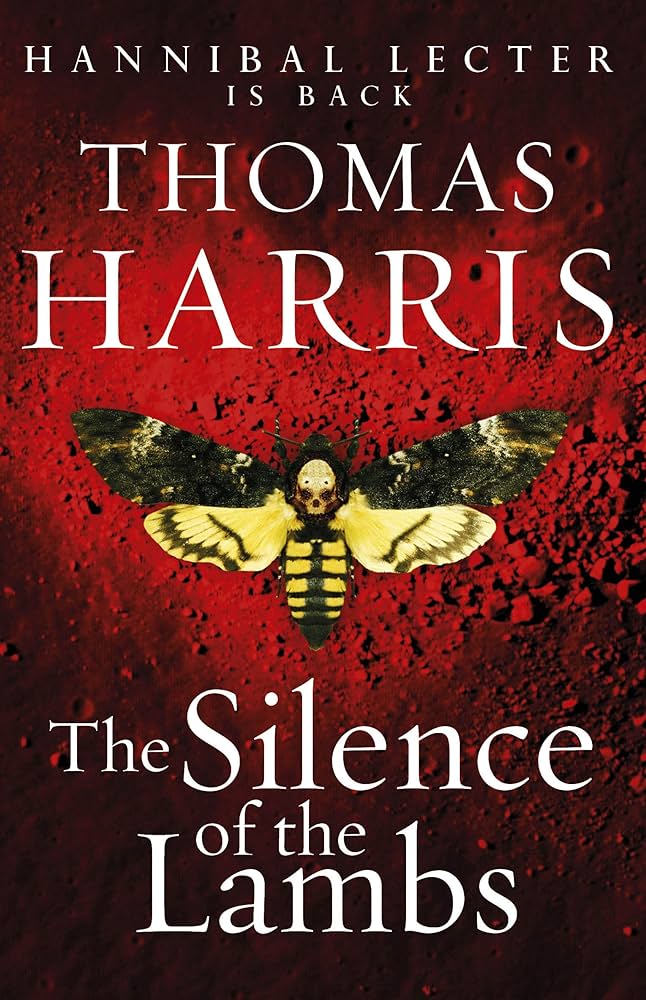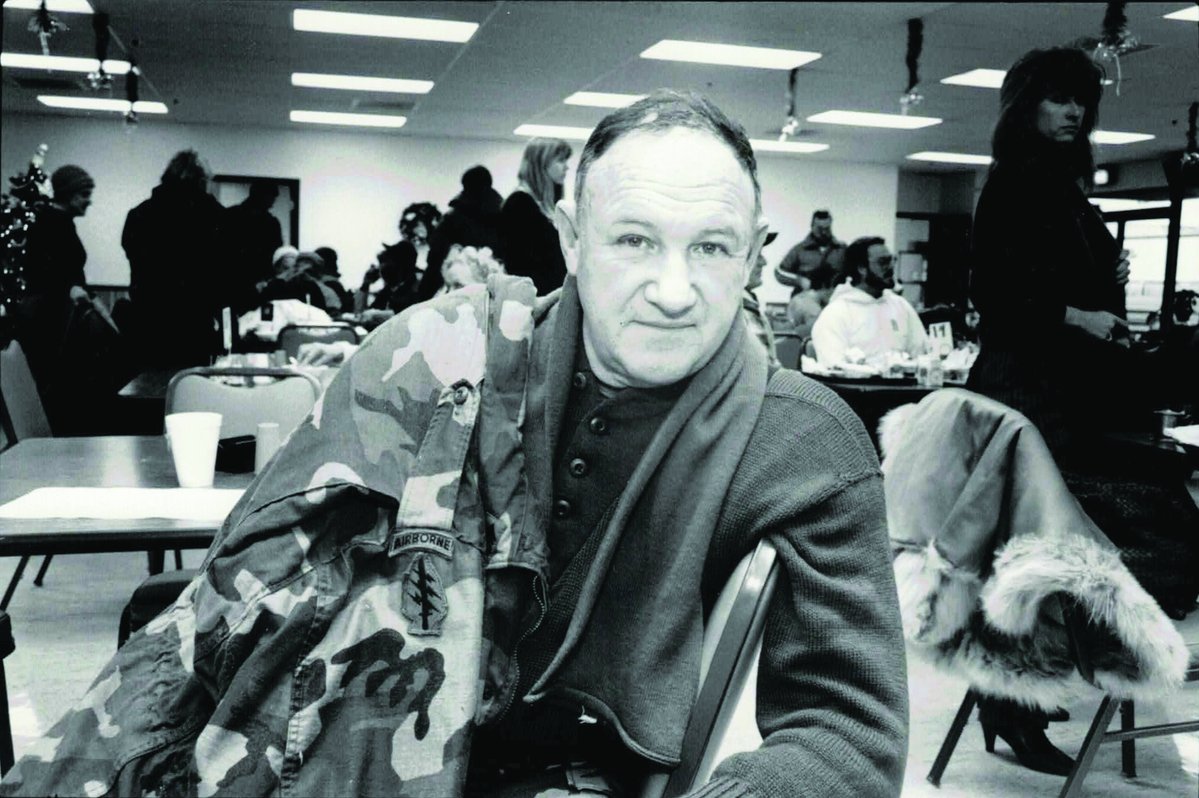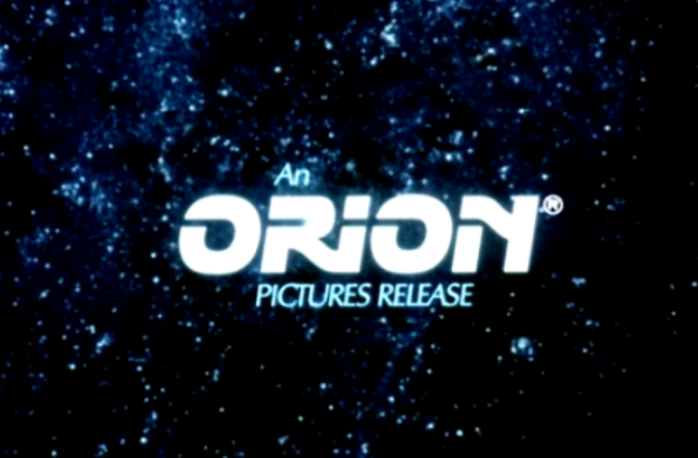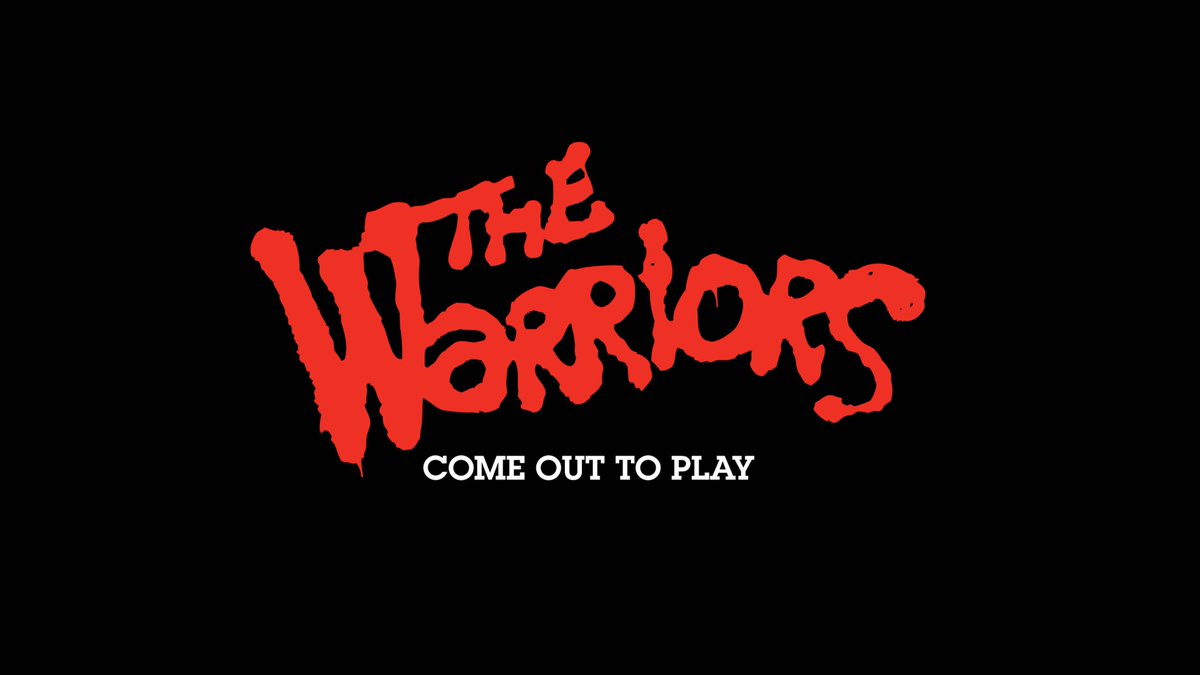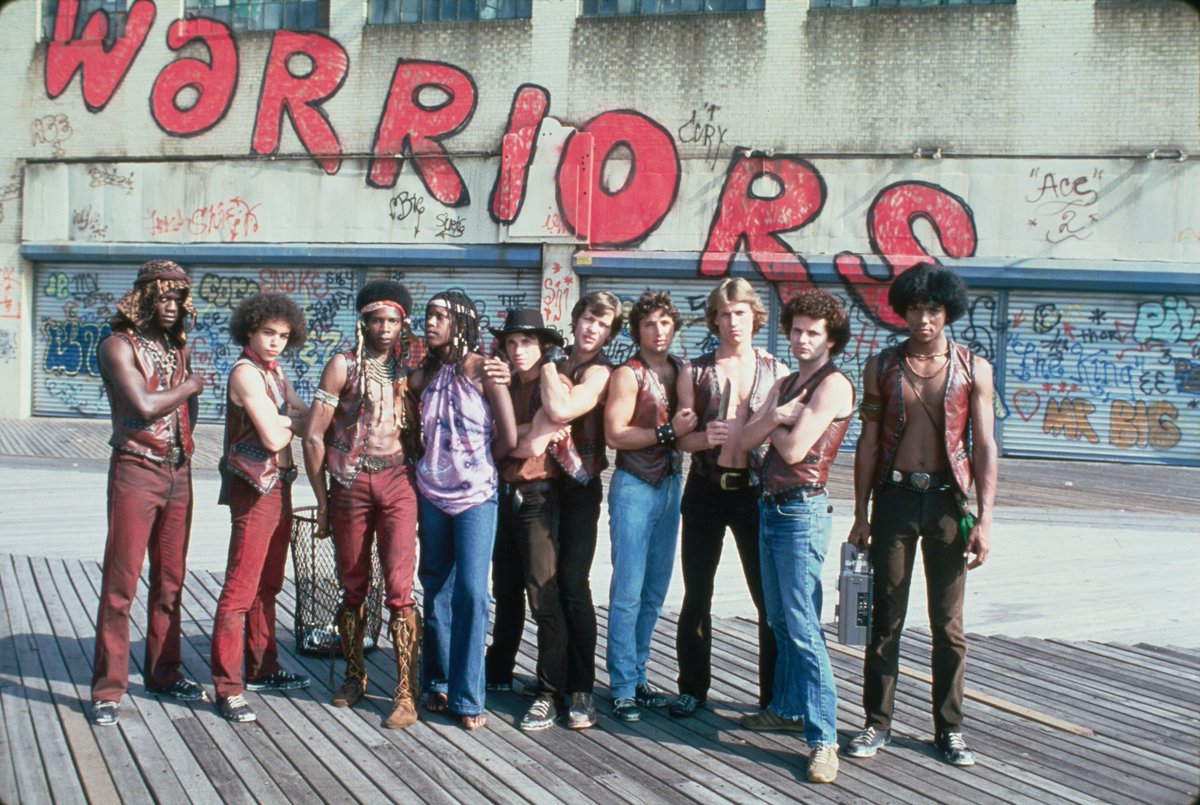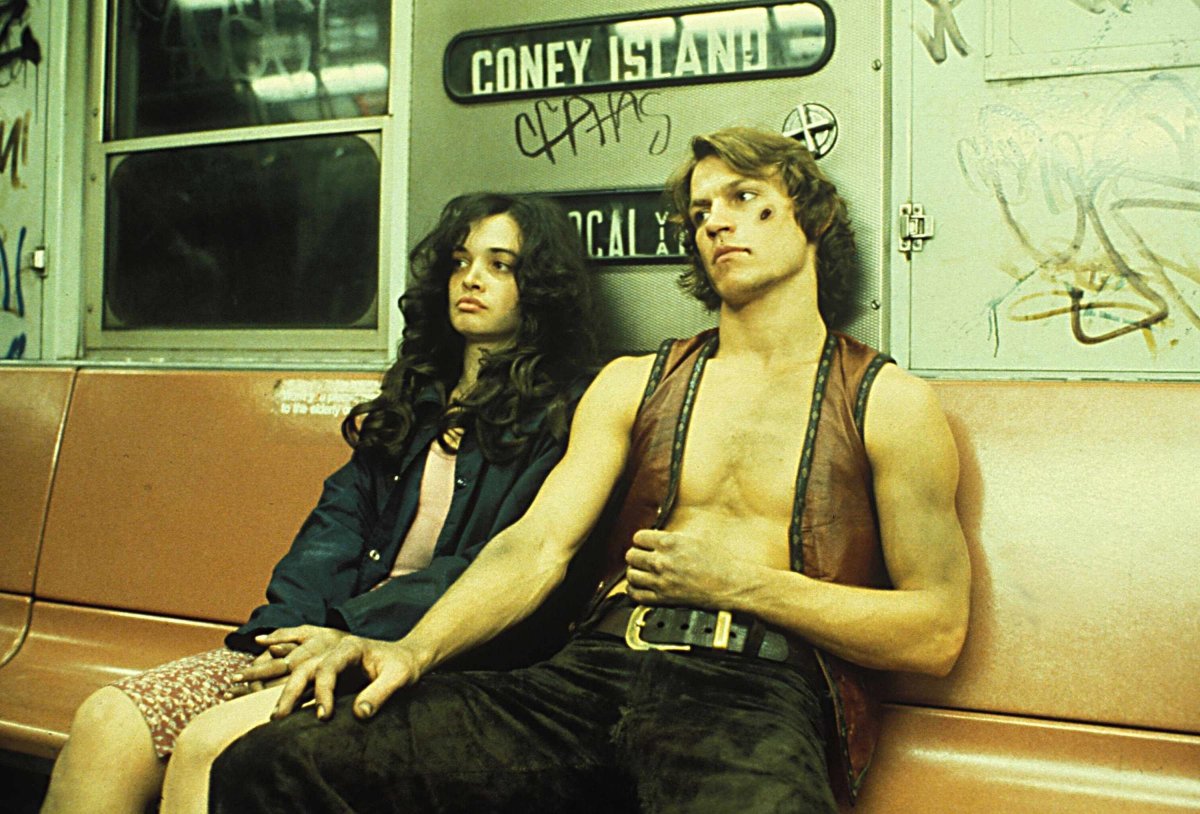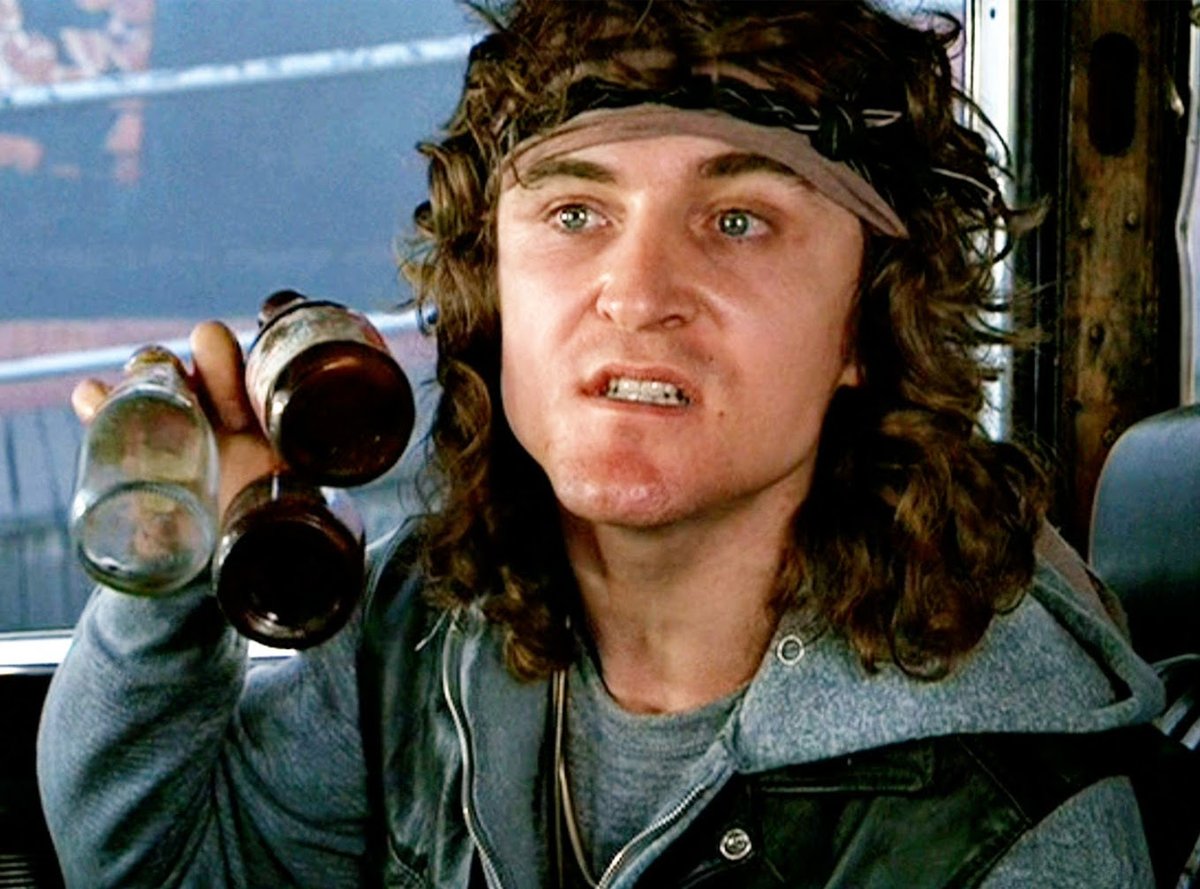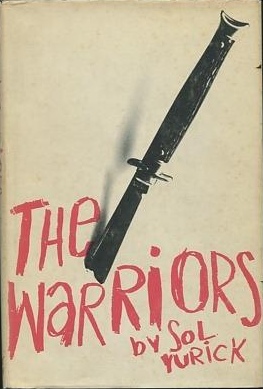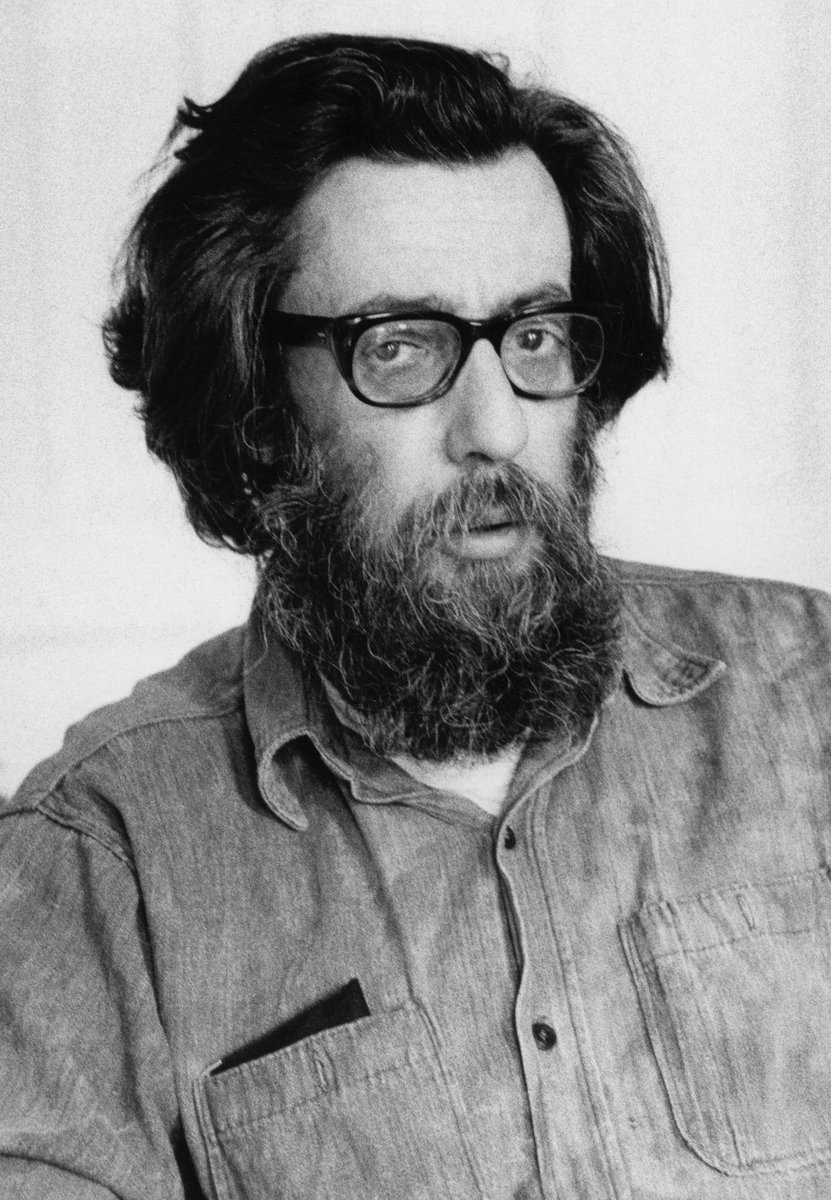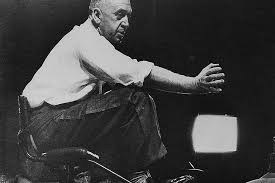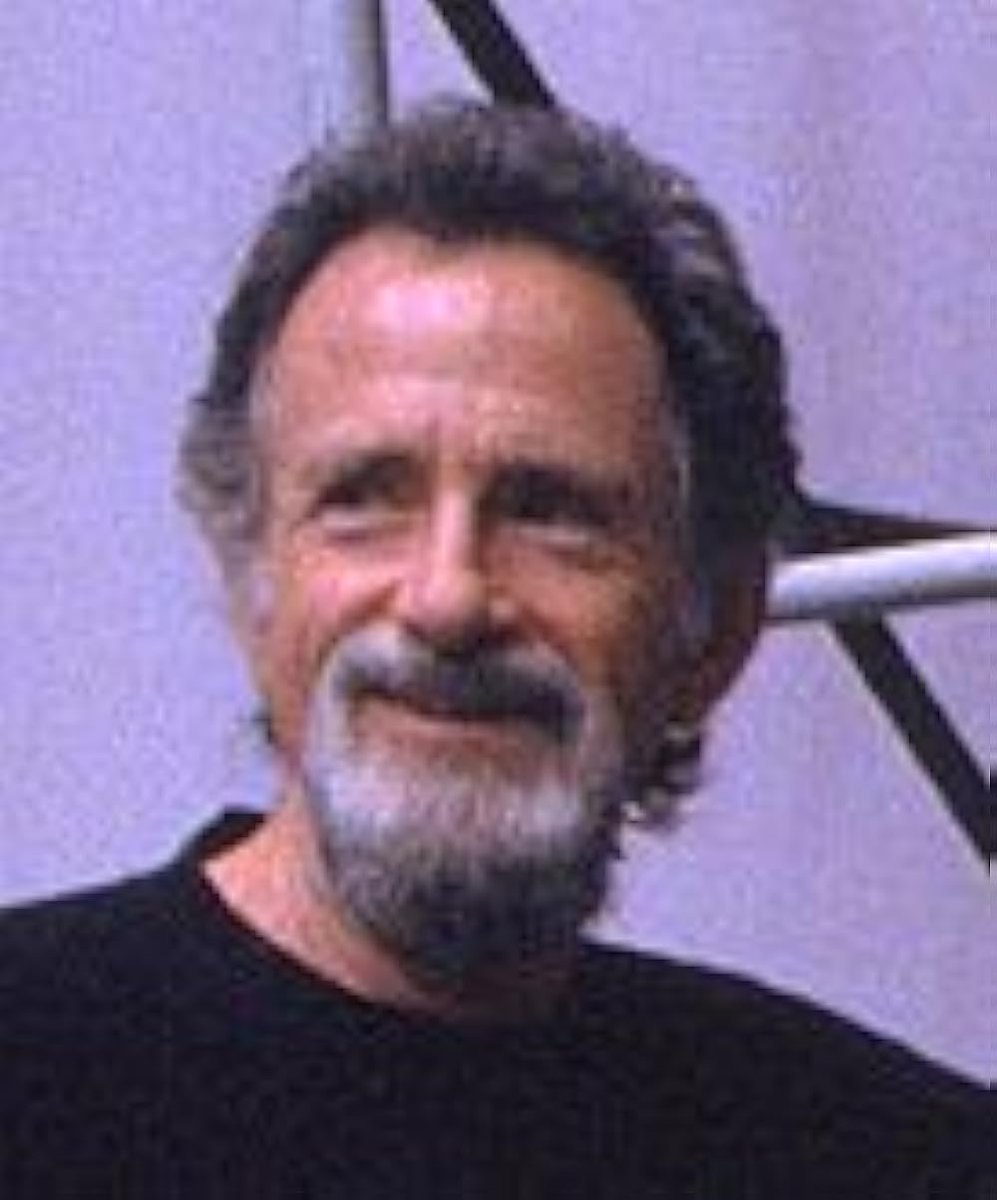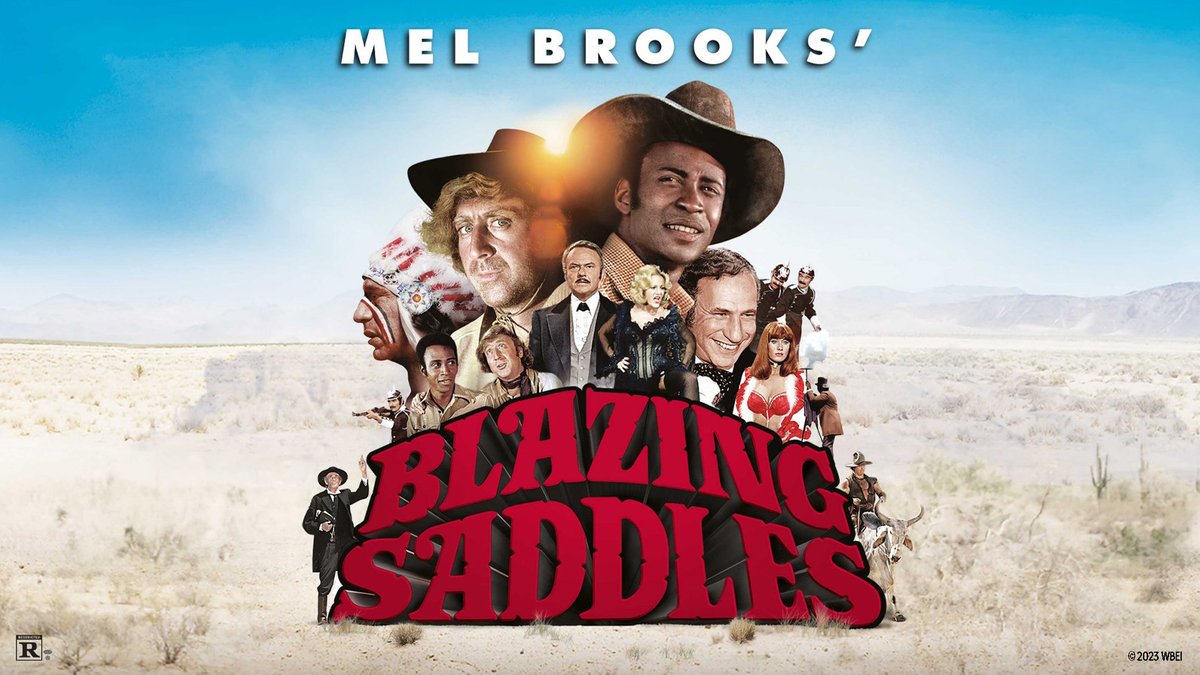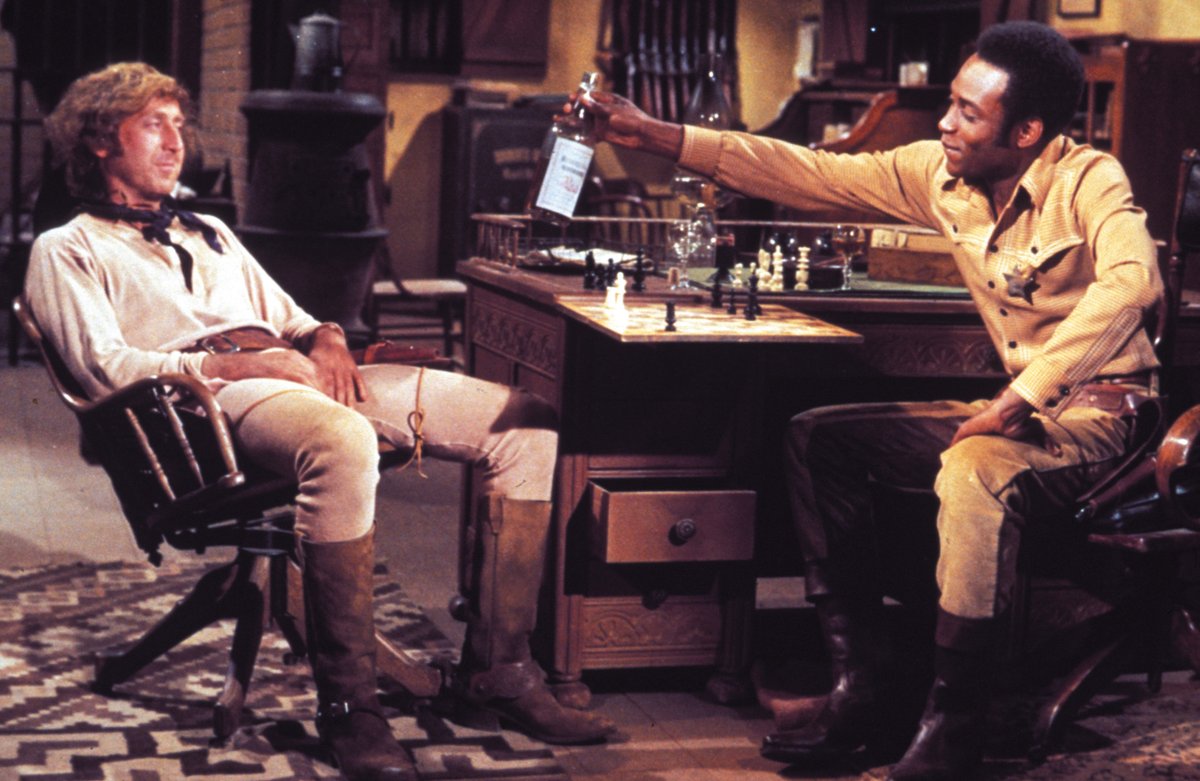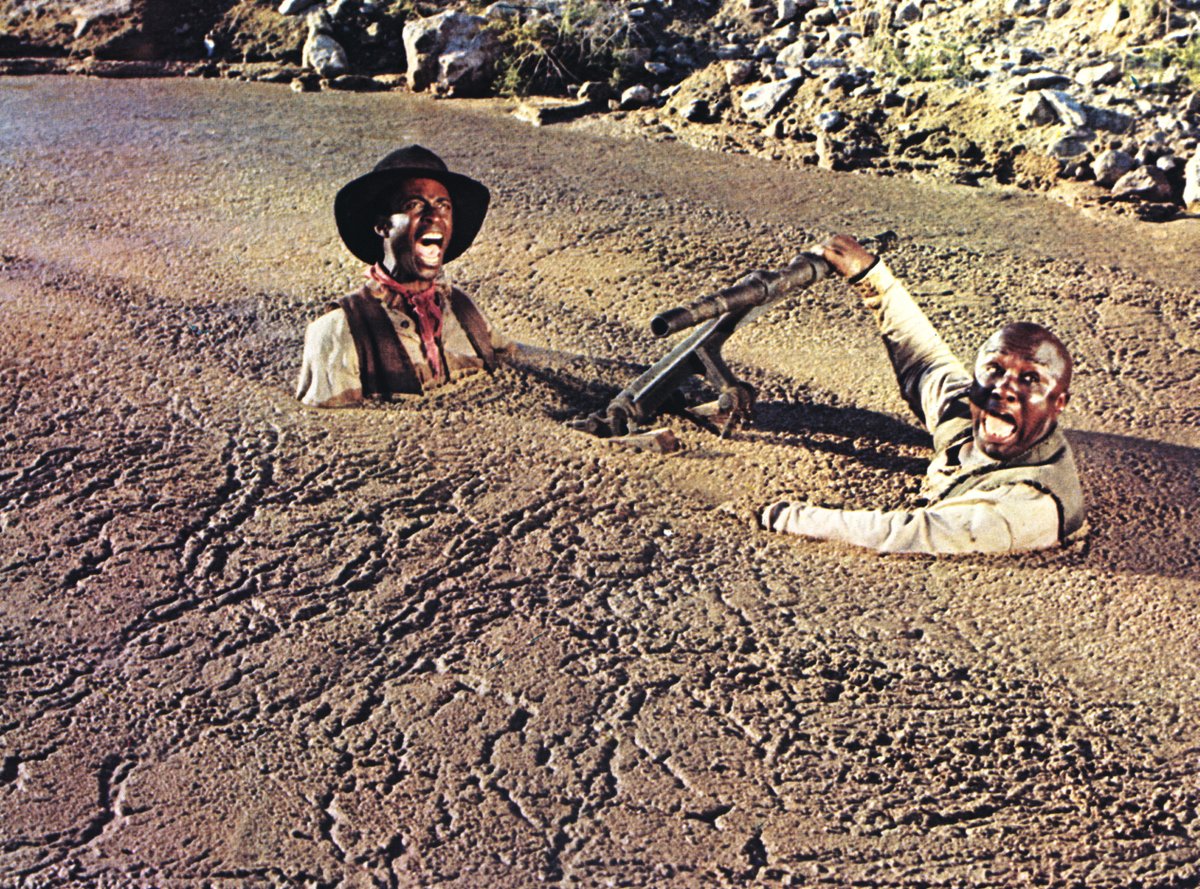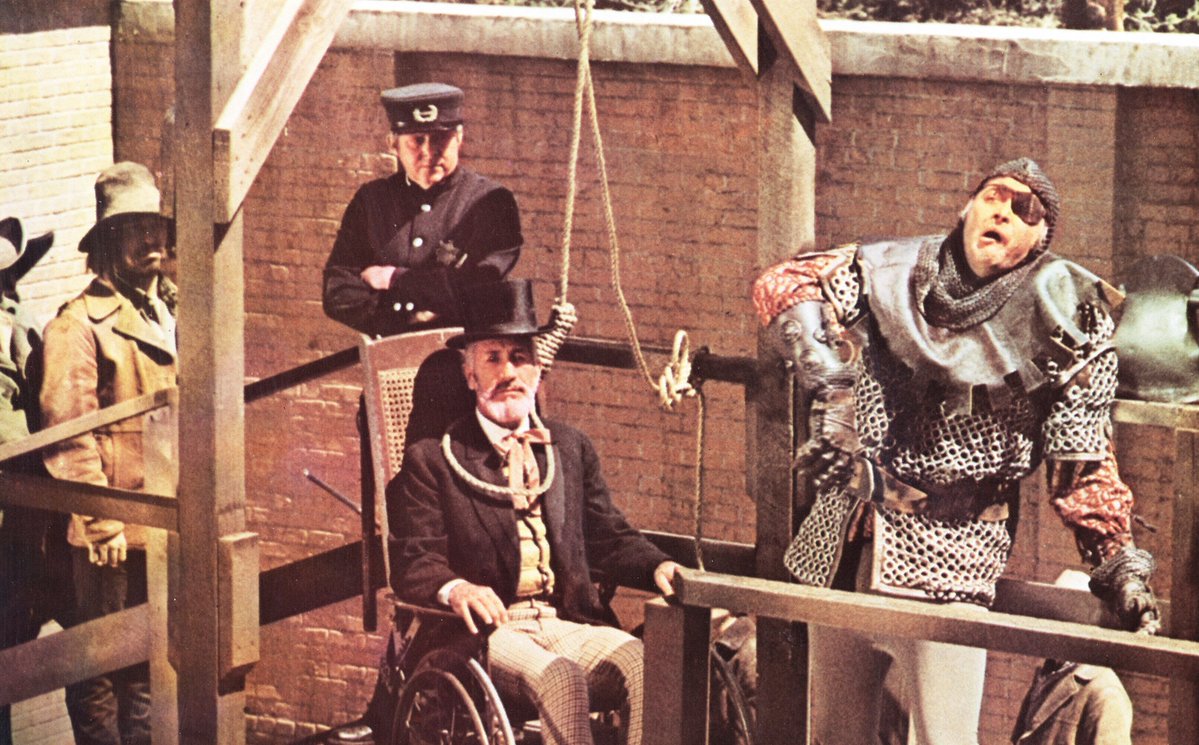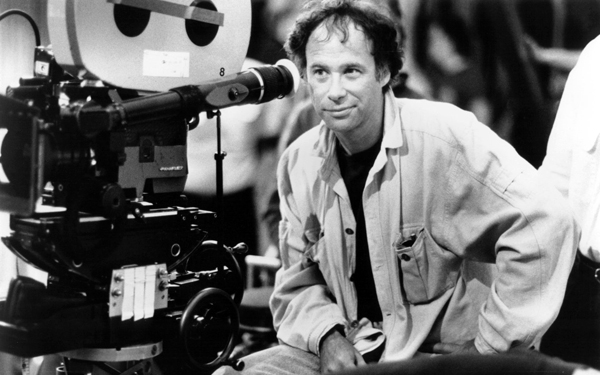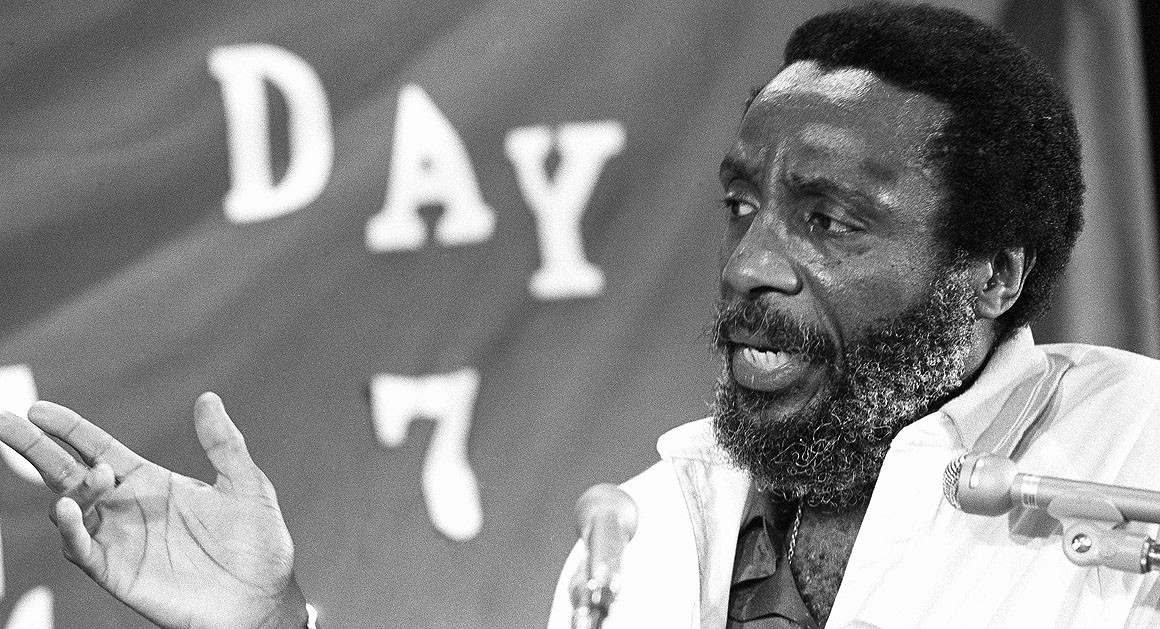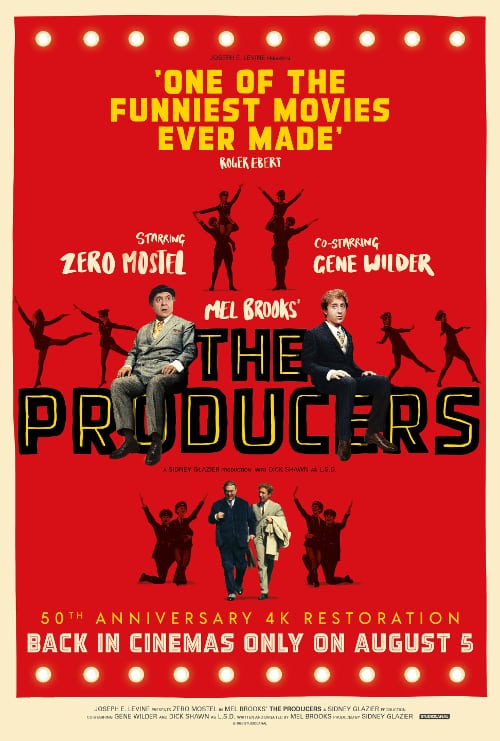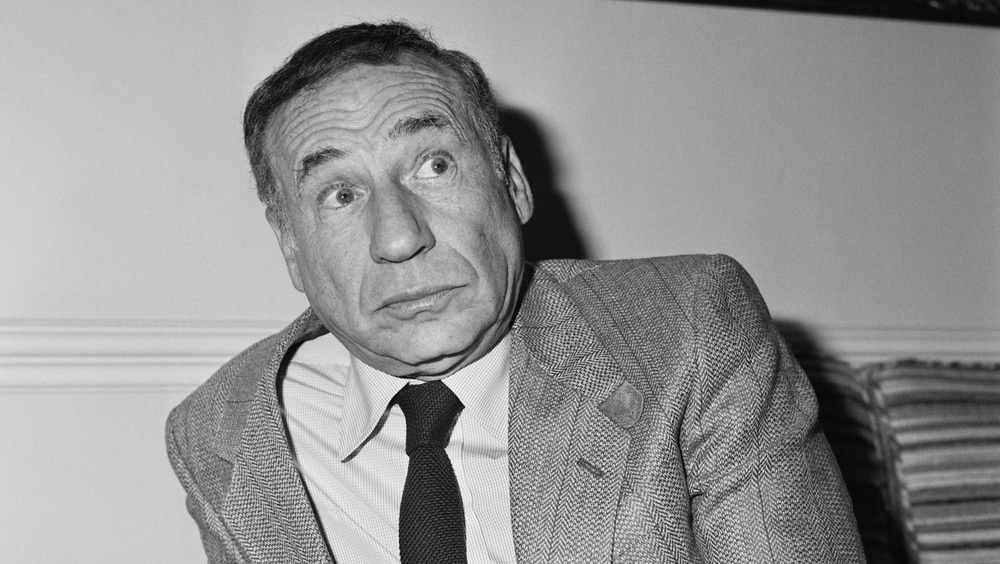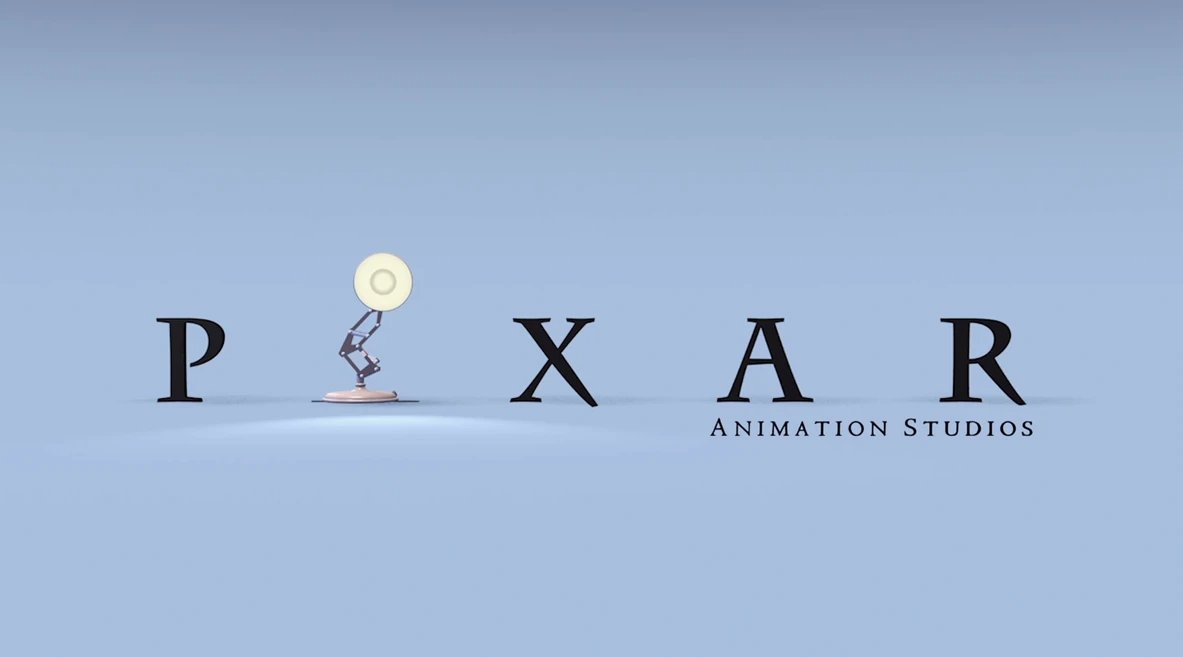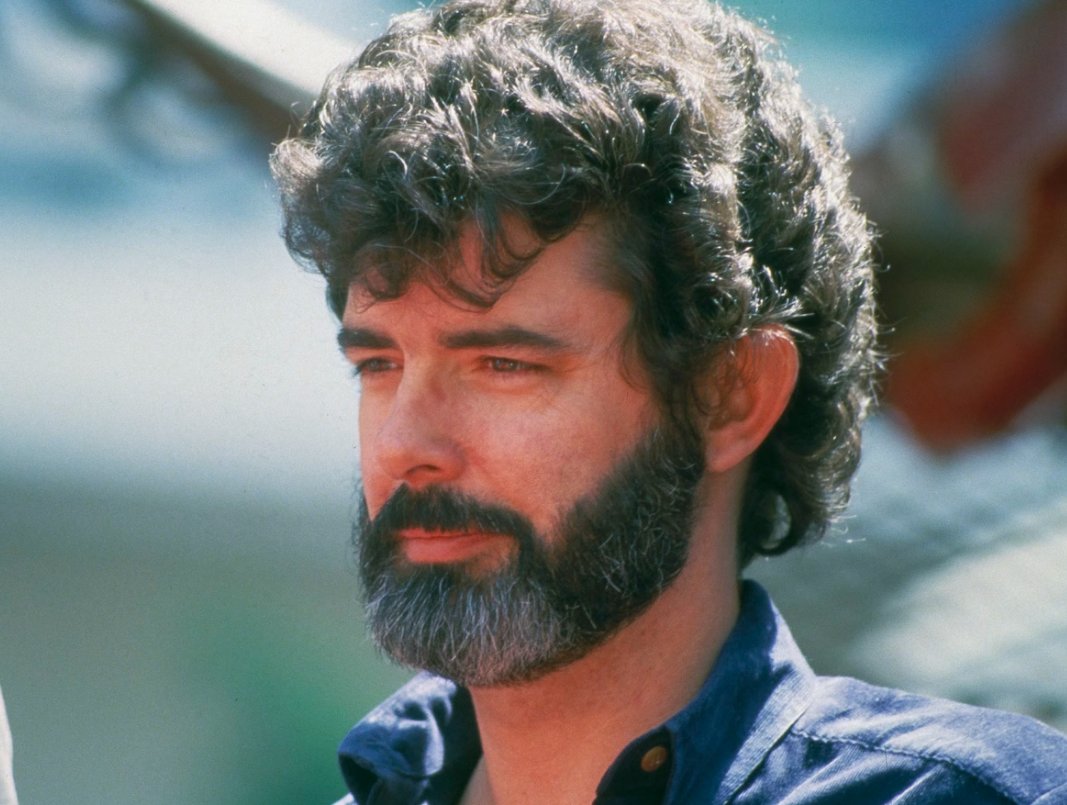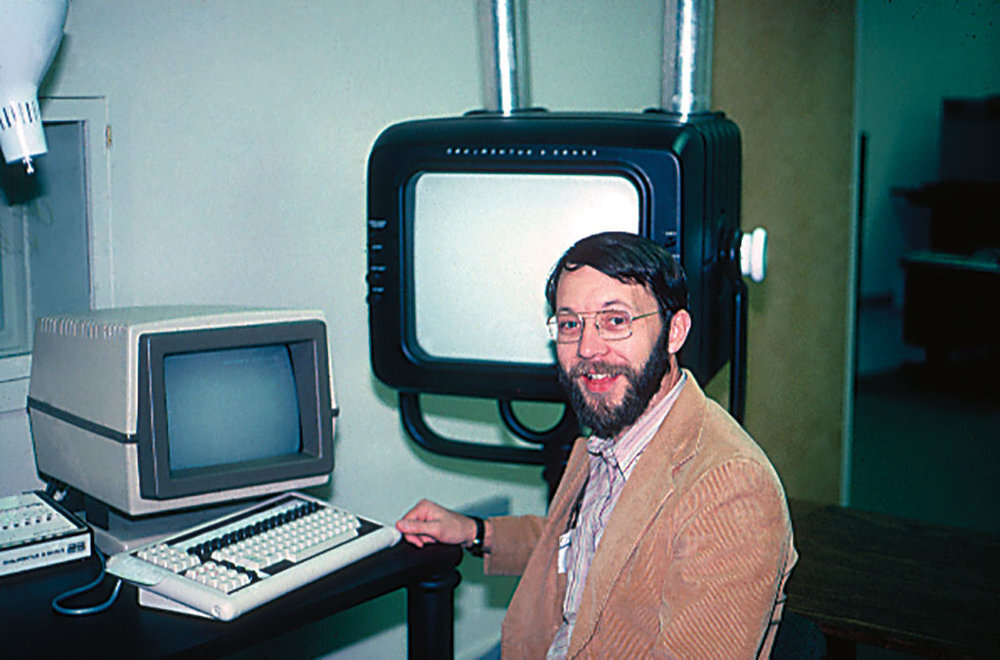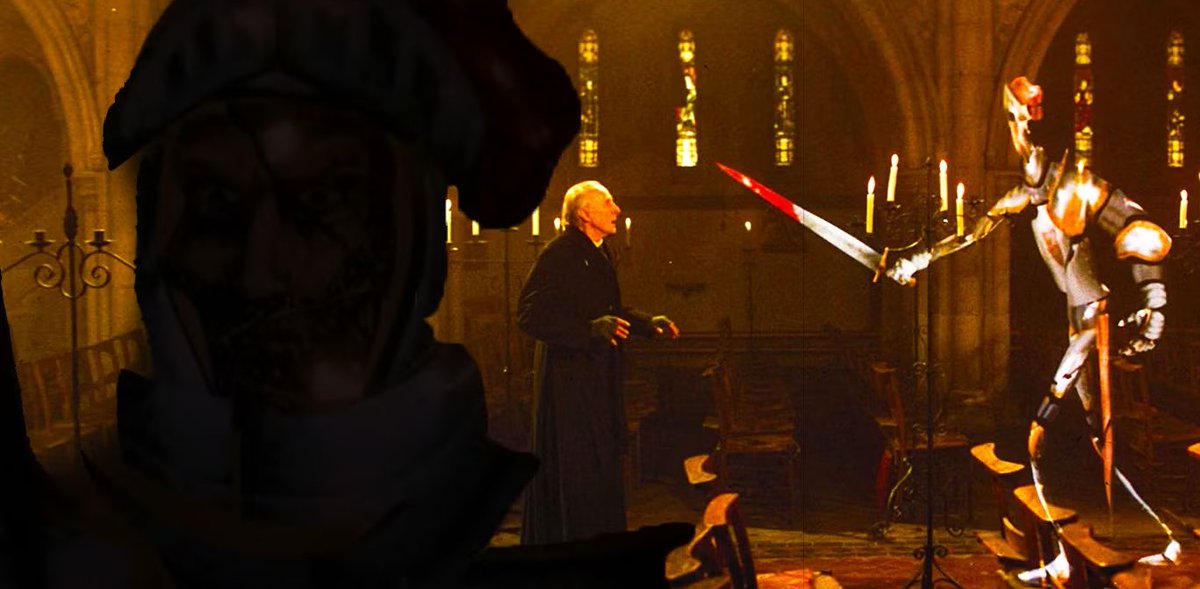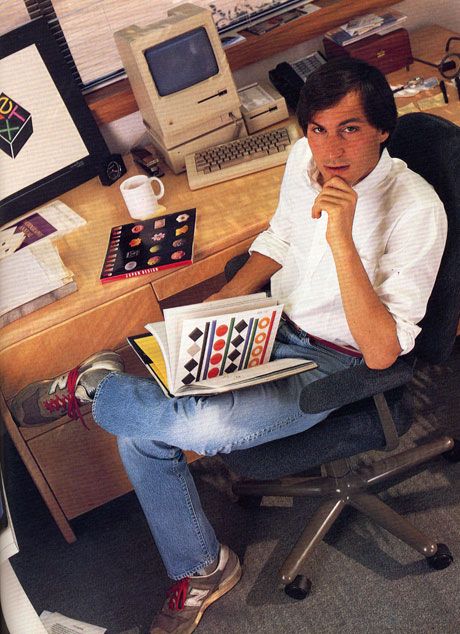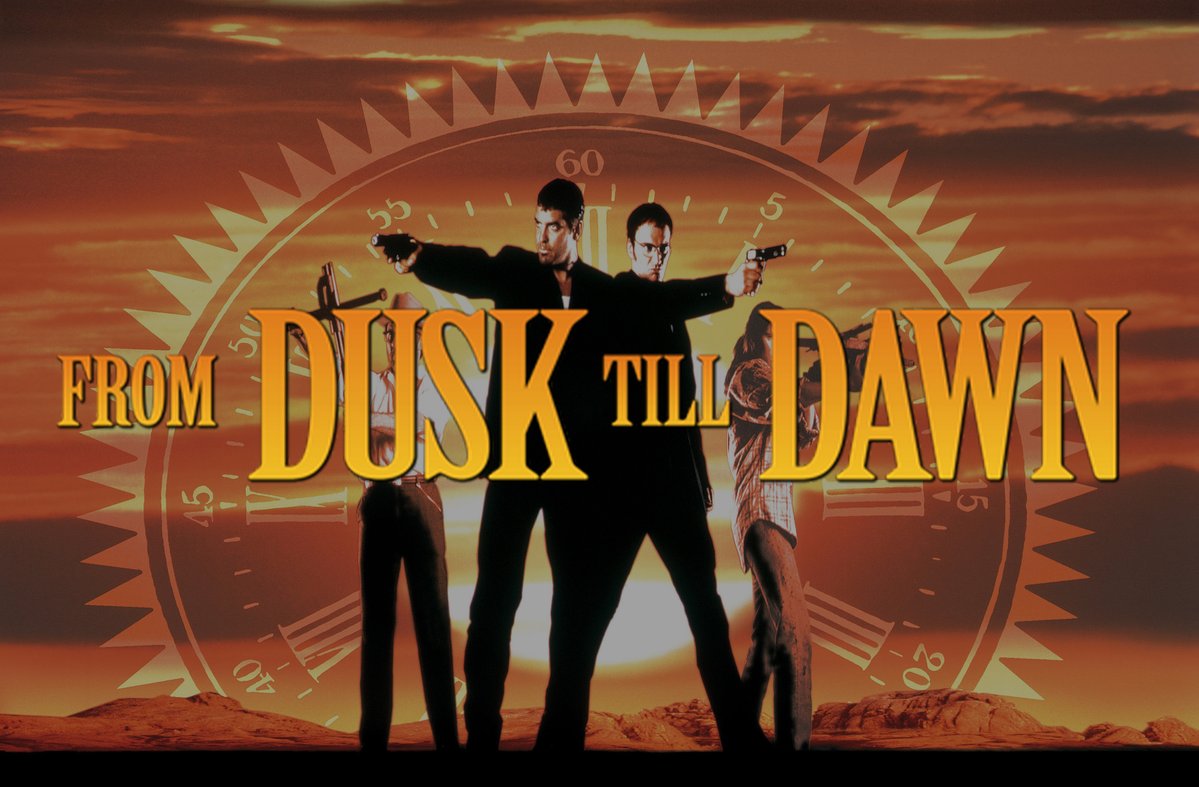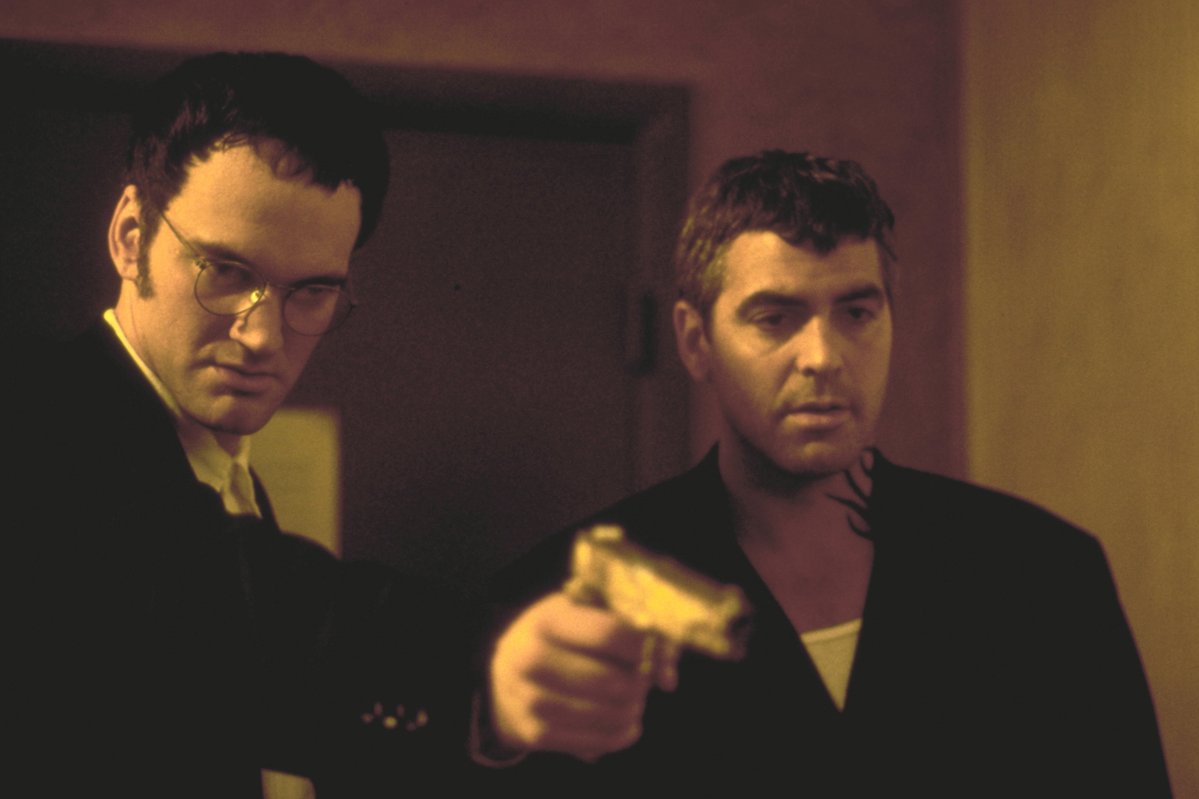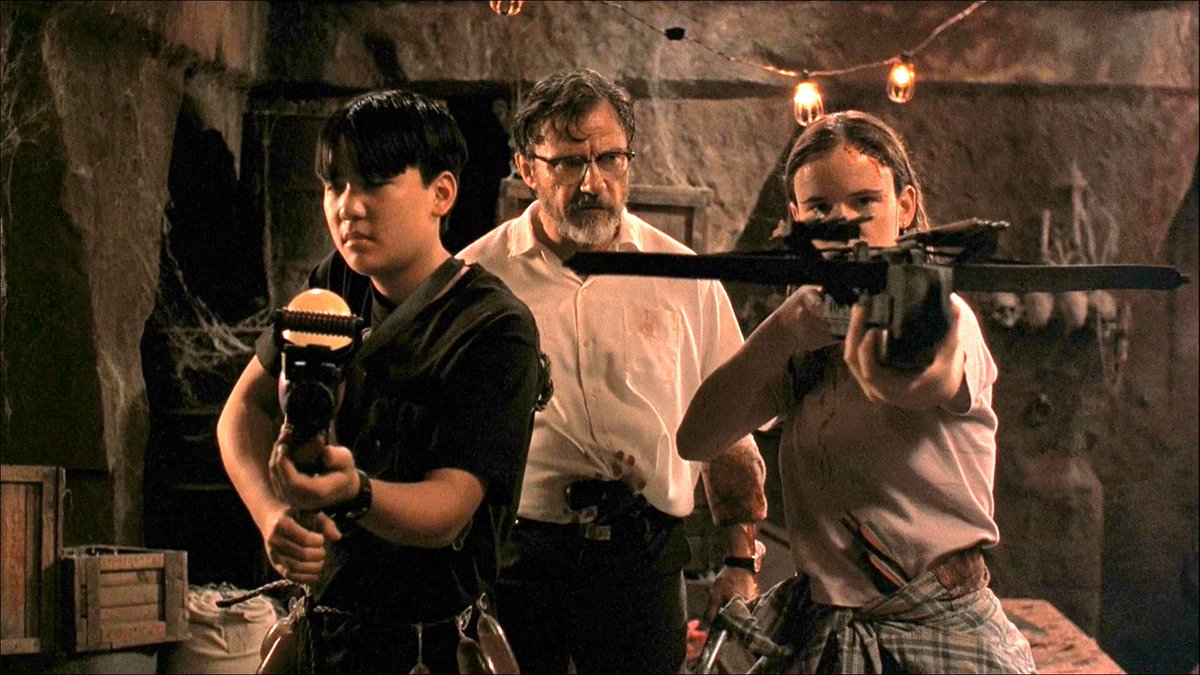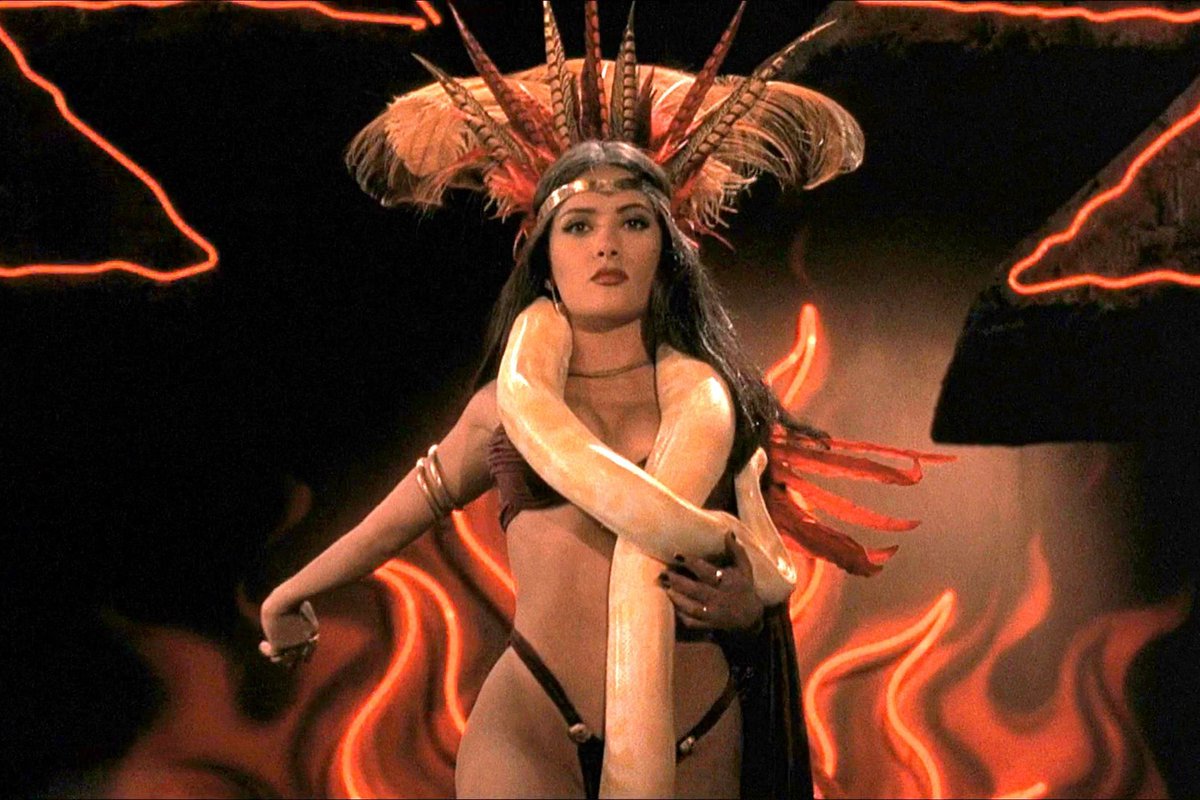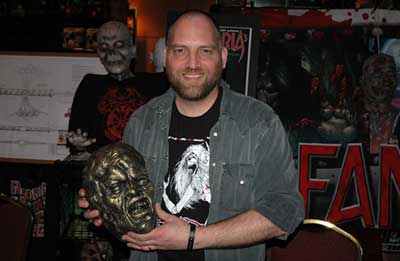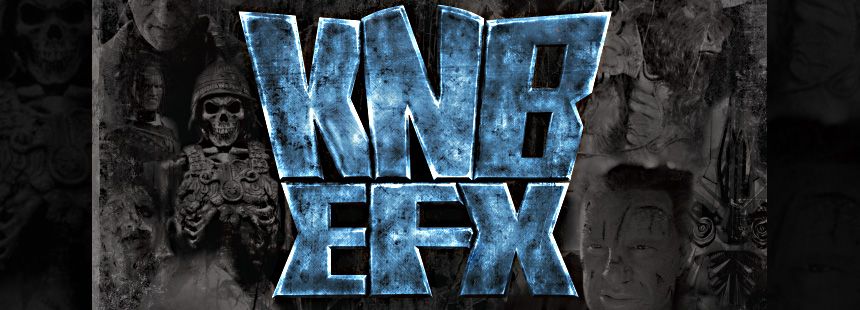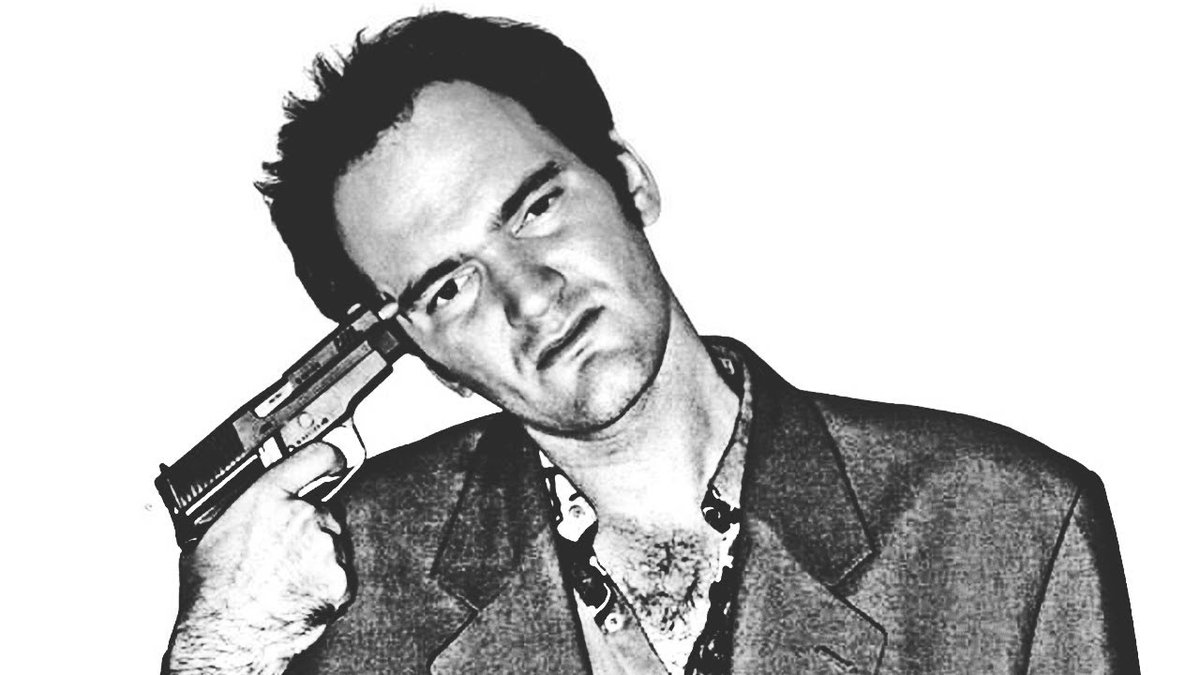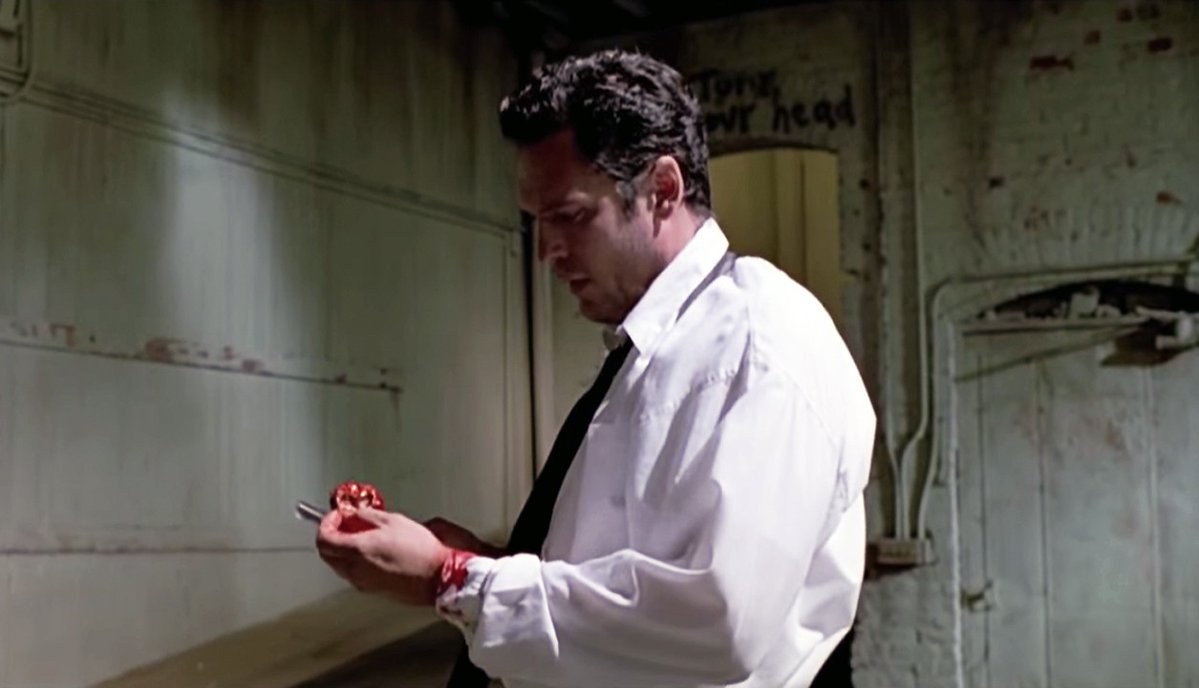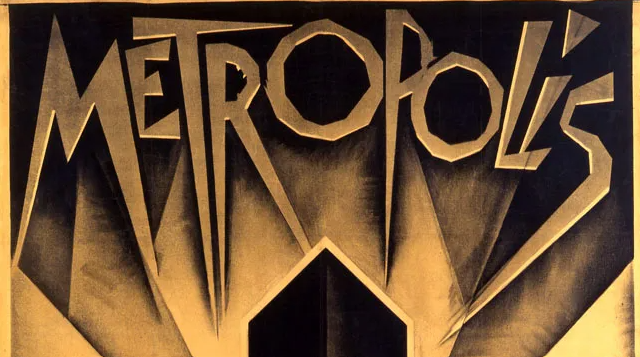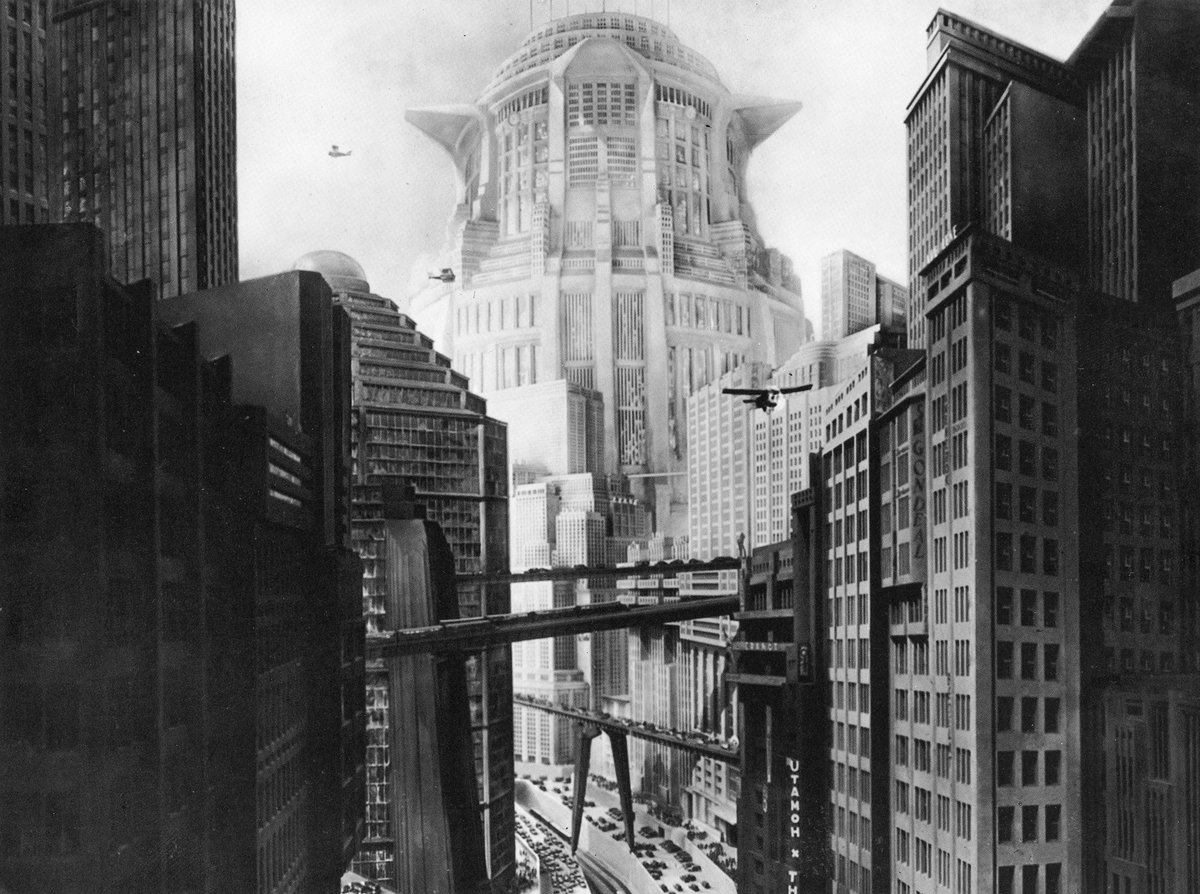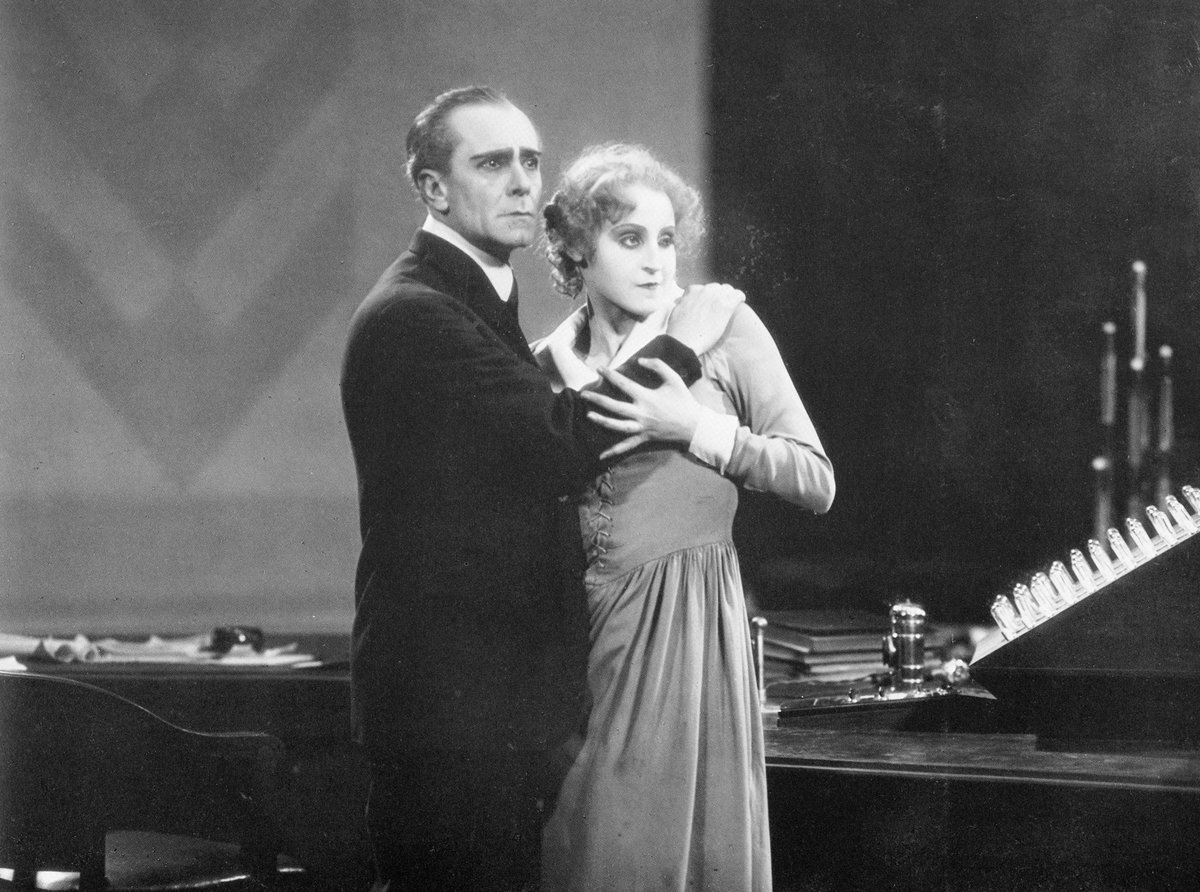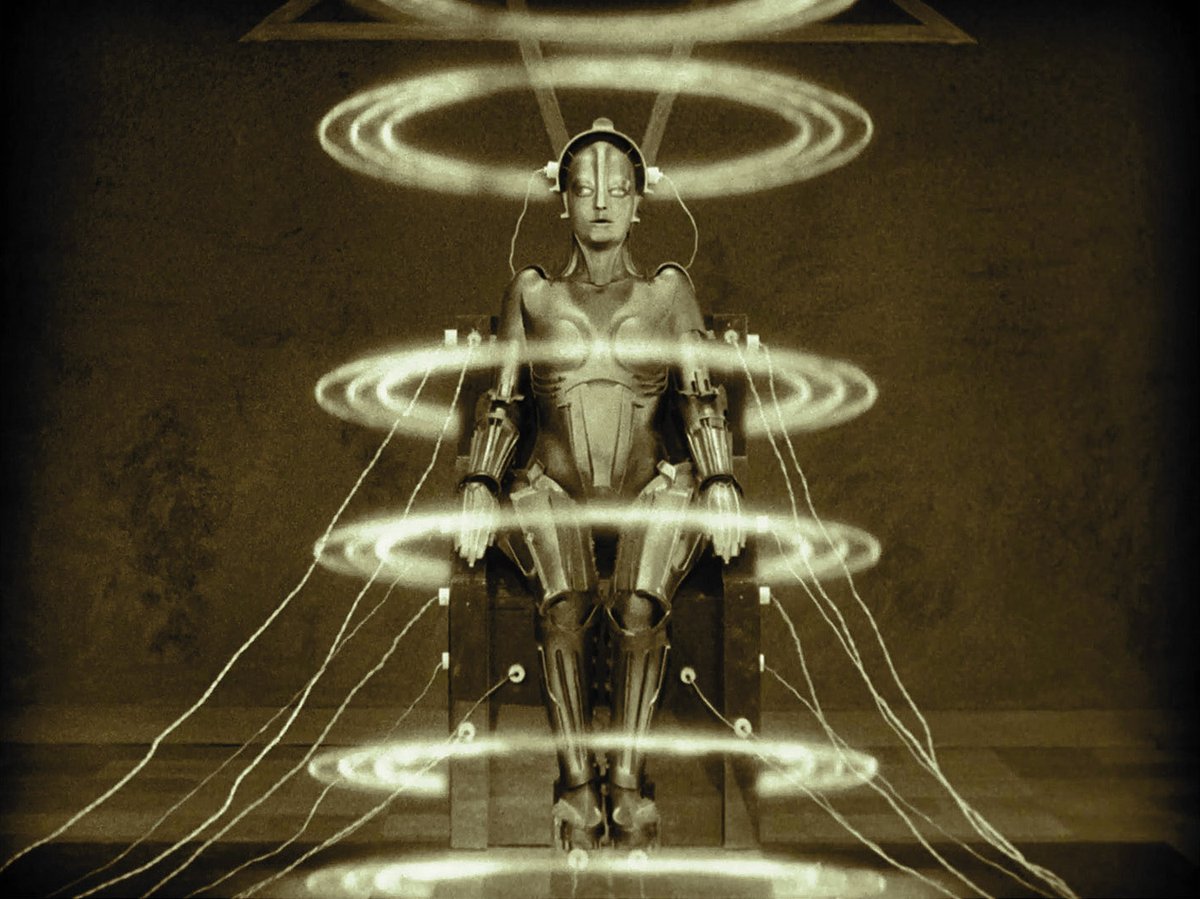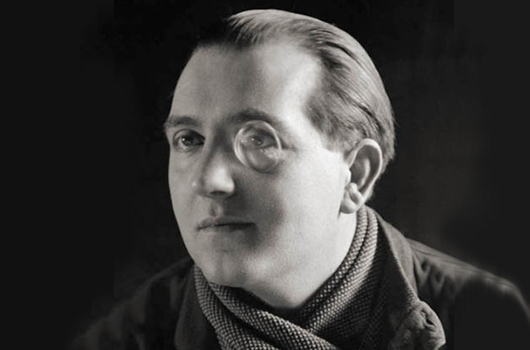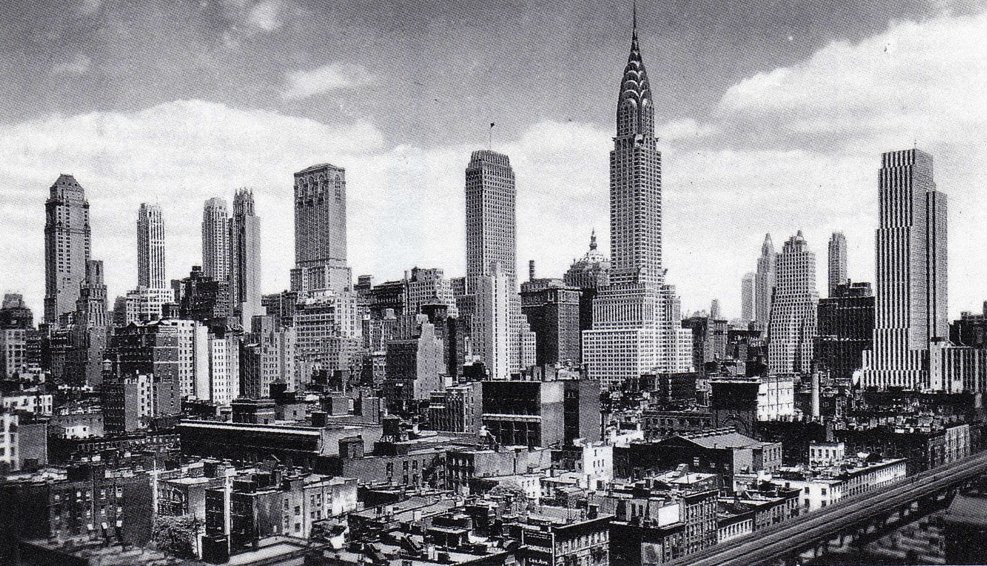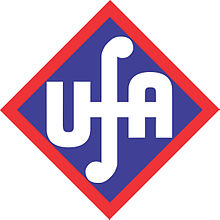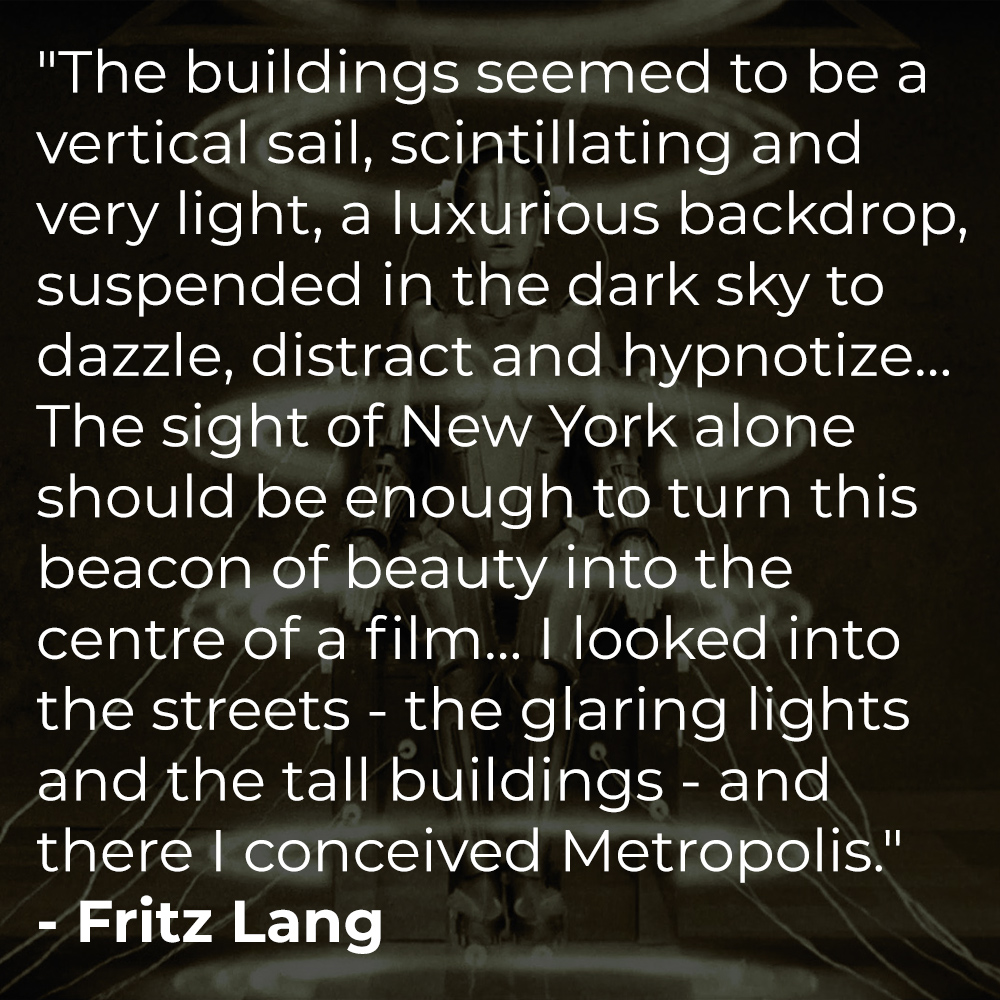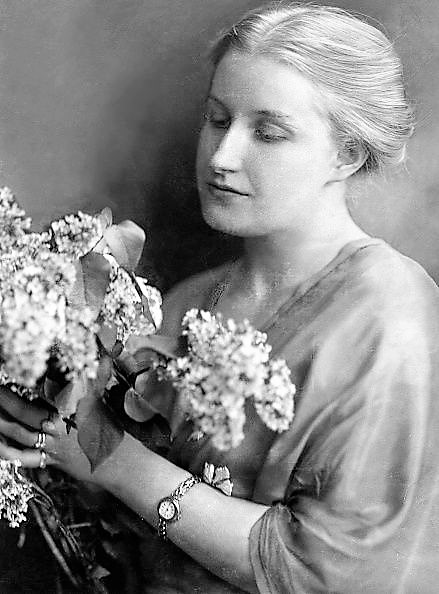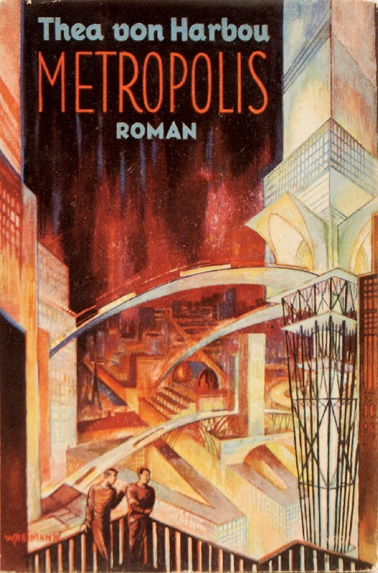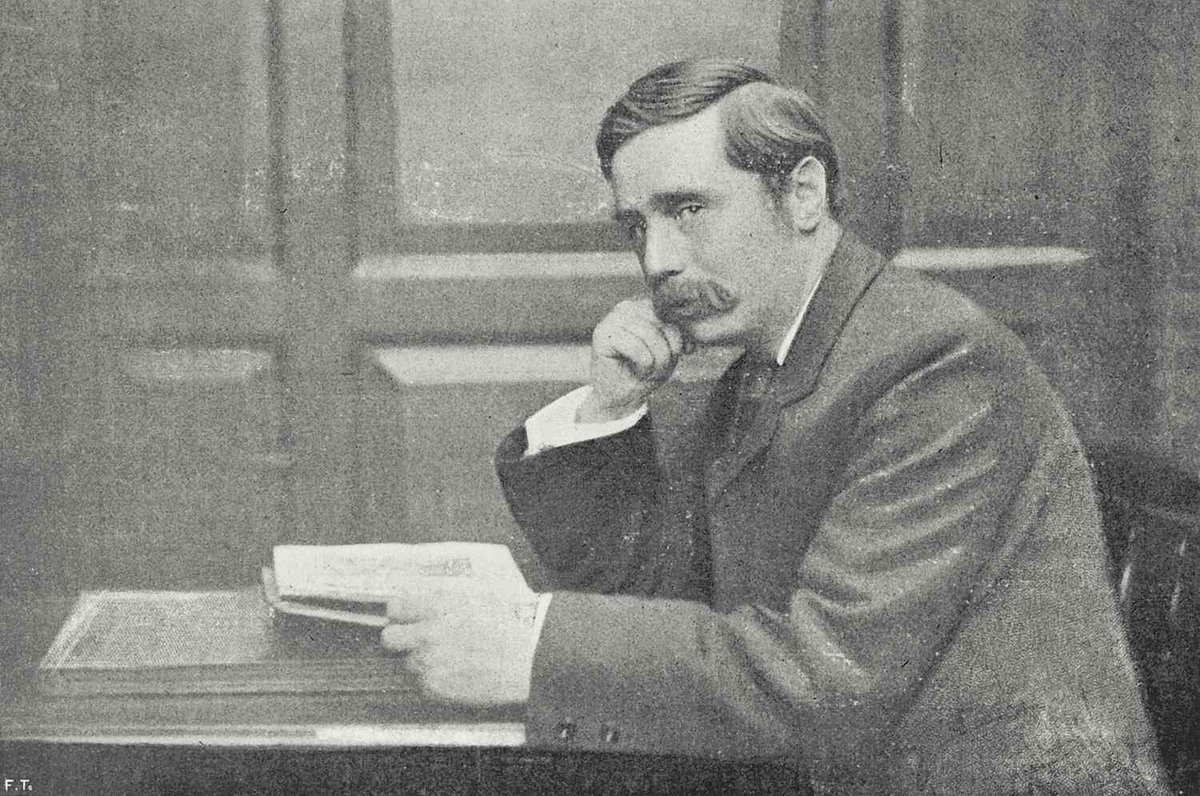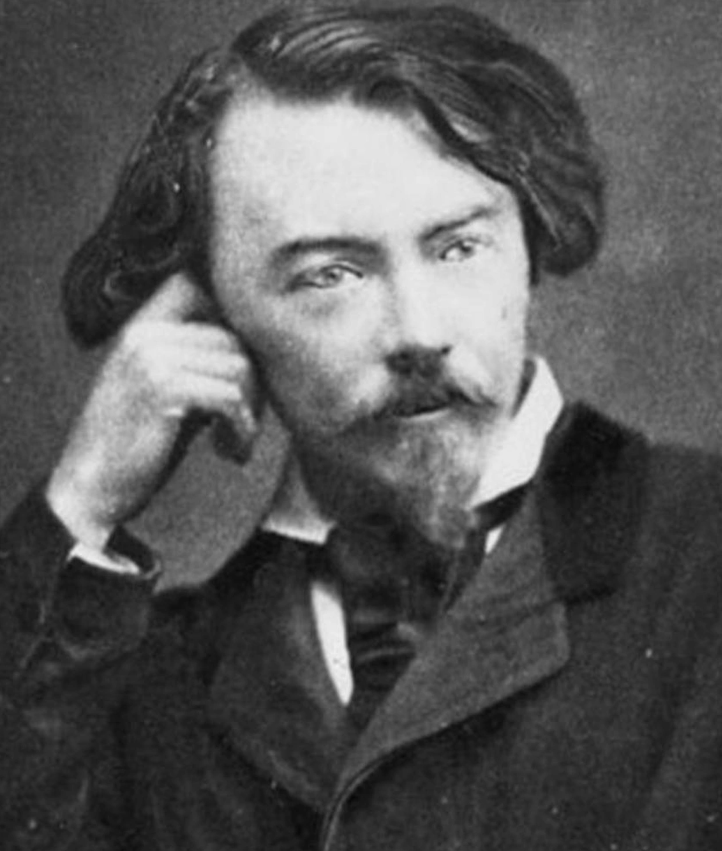THE UNTOUCHABLES was released 36 years ago today. One of the most acclaimed gangster films of the 1980s, the behind the scenes story is full of fascinating facts.
A THREAD
1/34



A THREAD
1/34




The Untouchables first existed as a book co-written by American Prohibition agent Eliot Ness in the 1950s. Paramount had adapted that book into a TV show in the 50s and 60s and, 20 years later, decided they wanted to develop it for the big screen.
2/34


2/34



The job of writing the film was given to Pulitzer-prize winning playwright Wendy Wasserstein. She did a lot of work on the film but Paramount fired her when they thought her script lacked authenticity. They fired her and brought in acclaimed writer David Mamet.
3/34

3/34


Mamet had won a Pulitzer himself for Glengarry Glen Ross, and written screenplays for The Postman Always Rings Twice and The Verdict. However, Mamet wasn’t that keen taking on The Untouchables. He said what attracted him to the job was, “A shitload of money.”
4/34


4/34



Mamet knew there were 2 things he wanted to do:
- He wanted the title to refer to the good guys and the bad guys. Capone is untouchable. He kills anyone he likes without consequence.
- He took influence from classic westerns by Sergio Leone with themes of Good v Evil.
5/34


- He wanted the title to refer to the good guys and the bad guys. Capone is untouchable. He kills anyone he likes without consequence.
- He took influence from classic westerns by Sergio Leone with themes of Good v Evil.
5/34



In 1986, Brian De Palma was in talks to direct Fatal Attraction. De Palma liked the script but wasn’t keen on Michael Douglas in the lead. De Palma said the studio would have to choose between himself and Douglas. They chose Douglas.
6/34


6/34



At this time, producer Art Linson was looking for directors for The Untouchables. De Palma was interested as the thing missing from his portfolio was a big hit. He told Linson what he wanted to do with The Untouchables – a 1930s gangster-western. Linson loved the idea.
7/34

7/34


We see some De Palma trademarks in The Untouchables:
- The creeping POV shot when Malone is killed. Classic De Palma.
- In the church scene between Ness and Malone, we see a split-focus diopta effect. Also classic De Palma.
8/34
- The creeping POV shot when Malone is killed. Classic De Palma.
- In the church scene between Ness and Malone, we see a split-focus diopta effect. Also classic De Palma.
8/34
In casting protagonist Eliot Ness, Harrison Ford turned the role down. And Mel Gibson, Jack Nicholson and Michael Douglas were all considered to play Ness.
9/34



9/34



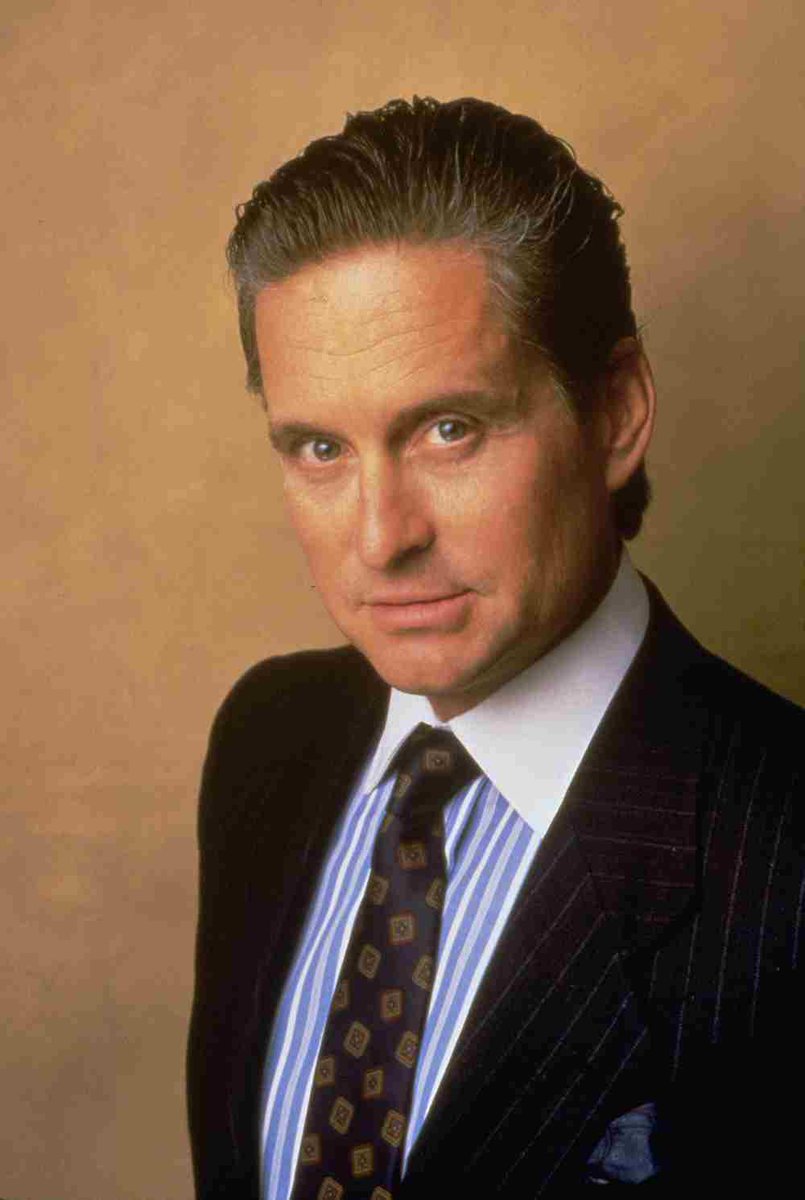
Linson recommended Keven Costner to De Palma after seing him in No Way Out. De Palma called his old pal Steven Spielberg (who knew Costner from Fandango). Spielberg said, “The guy is going places. Get him in.”
10/34


10/34



Kevin Costner himself was very aware of his lack of experience at this point in his career. Robert De Niro (Al Capone) on the other hand, had already won two acting Oscars. Costner said he was intimidated by De Niro on the set.
11/34

11/34

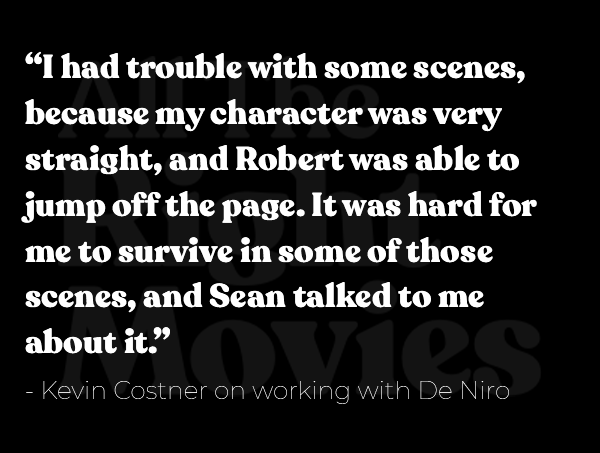
The other lead Untouchable is tough guy Irish cop Jimmy Malone. De Palma considered Gene Hackman but cast Sean Connery. Connery went on to win Best Supporting Actor at the Oscars.
12/34
12/34
It was Connery’s idea to have the blood oath between Ness and Malone take place in a church. It was set in the street but Connery thought a Catholic church would be the only place safe enough in Chicago for two people to talk about bringing Capone down.
13/34
13/34
De Palma originally wanted Andy Garcia to play Capone’s henchman, Frank Nitti. Garcia, though, wanted to play George Stone as he didn’t want to be typecast as a villain. He also wanted to work closely with Connery as he was a hero of his from the James Bond movies.
14/34


14/34
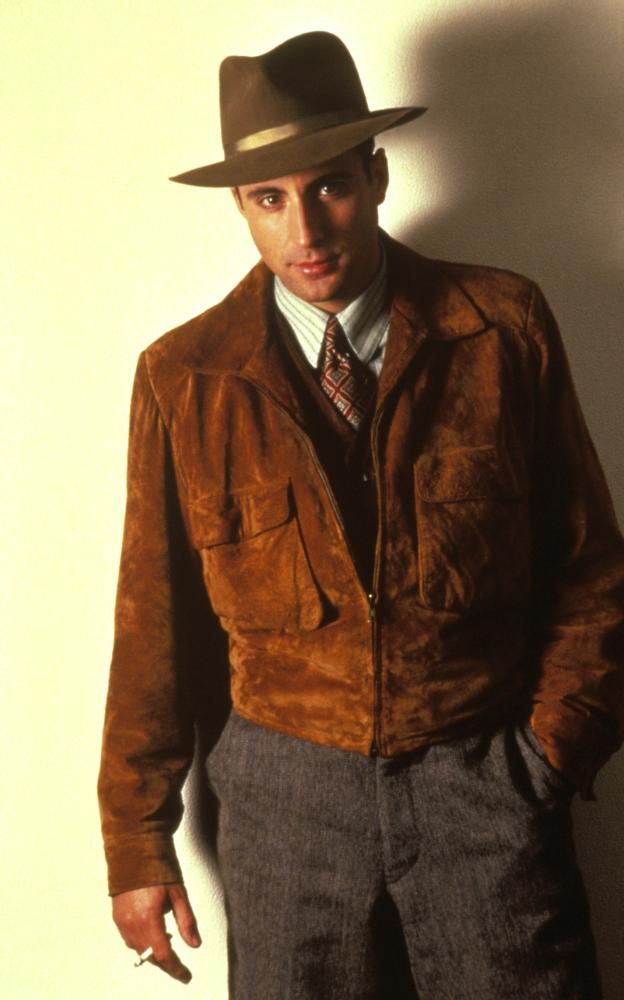


Garcia said the dynamic of the actors off-screen was like in the film. Filming the scene when Malone calls Stone about having the bookkeepers details, Connery thought Garcia was over-acting. He said to him, “Come on kid, this isn’t Hamlet.”
15/34


15/34



In the train station shootout De Palma knew he wanted Stone under the carriage but couldn’t work out how to get him there. Garcia was a baseball player in his younger days and said, “Its just a slide into 4th. I can do that. De Palma said, “Show me” so Garcia did.
16/34
16/34
Palma always wanted a huge star to play the legendary gangster Al Capone. They offered the role to Marlon Brando on a salary of $5m for just 2 weeks work but he said no.
17/34
17/34

De Palma knew Robert De Niro from a few low-budget films they did together in the late 60s so spoke to him about playing Capone. However, De Niro took a while to commit so De Palma lined up Bob Hoskins on a ‘play or pay’ deal.
18/34


18/34



De Niro is famously a method actor, and some elements of the real Capone are in the film. The film opens in a barbershop, and the set included a few items (cologne bottles, shaving brushes and foam cans) that belonged to the real Al Capone.
19/34
19/34
De Niro did some further method acting for the part. To put on weight he went on an eating tour of Italy, gorging pasta and pizza. He also shaved his head to make it look more round. He also said he was influenced by a book called My Years With Capone.
20/34


20/34


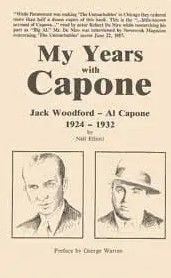
Filming Malone’s death, Connery had to wear body squibs. He hated it as he had never been shot in a film before. And after take 1 he had to go to hospital because he got dust in his eyes. De Palma had to beg him to do a take 2, the one in the film.
21/34
21/34
The Director of Photography on the film was Stephen Burum. Inspired by the 1950s TV show, Burum actually wanted to shoot The Untouchables in black and white. De Palma liked the idea but told Burum, “Don’t break your heart Steve, they won’t let us do it.”
22/34


22/34



The composer was Ennio Morricone. De Palma loved almost everything Morricone did, but wasn’t keen on the Lullaby Theme that plays during the train station shootout. De Palma had to be convinced to use it by Morricone. In return, Morricone didn’t like the main theme.
23/34

23/34


The producer was Art Linson. He had a big role:
- He fought to let De Palma cast Costner
- Paramount wanted the budget cut $1m. Linson said they needed to increase it for De Niro
- Studio exec Ned Tanen called the script “dreck” and wanted Mamet fired. Linson stopped them
24/34

- He fought to let De Palma cast Costner
- Paramount wanted the budget cut $1m. Linson said they needed to increase it for De Niro
- Studio exec Ned Tanen called the script “dreck” and wanted Mamet fired. Linson stopped them
24/34


Mamet’s original script had the big gunfight take place on a train but at the last minute Paramount decided that finding a 1930s train was too expensive. Not only that, but Paramount refused to pay David Mamet to write a new scene. De Palma was in trouble.
25/34
25/34
Taking inspiration from Russian silent movie Battleship Potemkin, De Palma had the baby carriage roll down the steps as the shootout’s centrepiece. He had to storyboard the sequence as he was going. David Mamet was not a fan and called the scene “Cockamamie!”
26/34 twitter.com/i/web/status/1…



26/34 twitter.com/i/web/status/1…

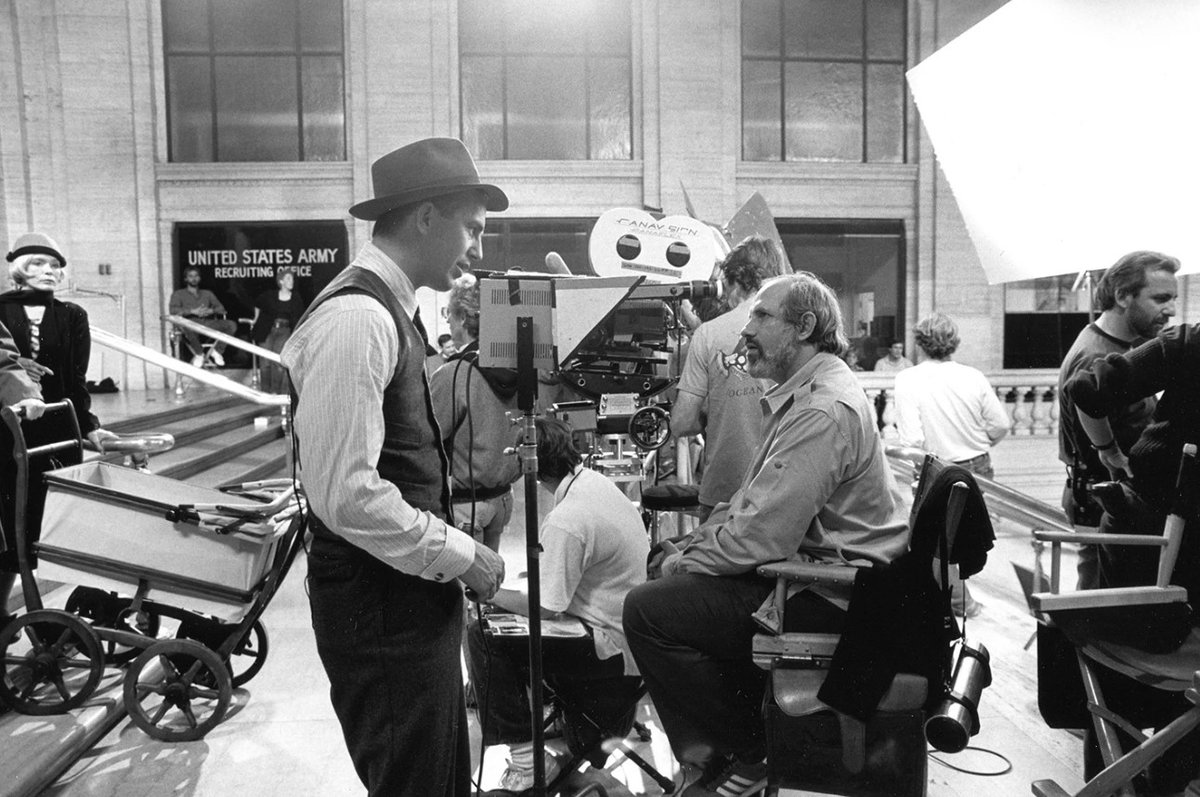

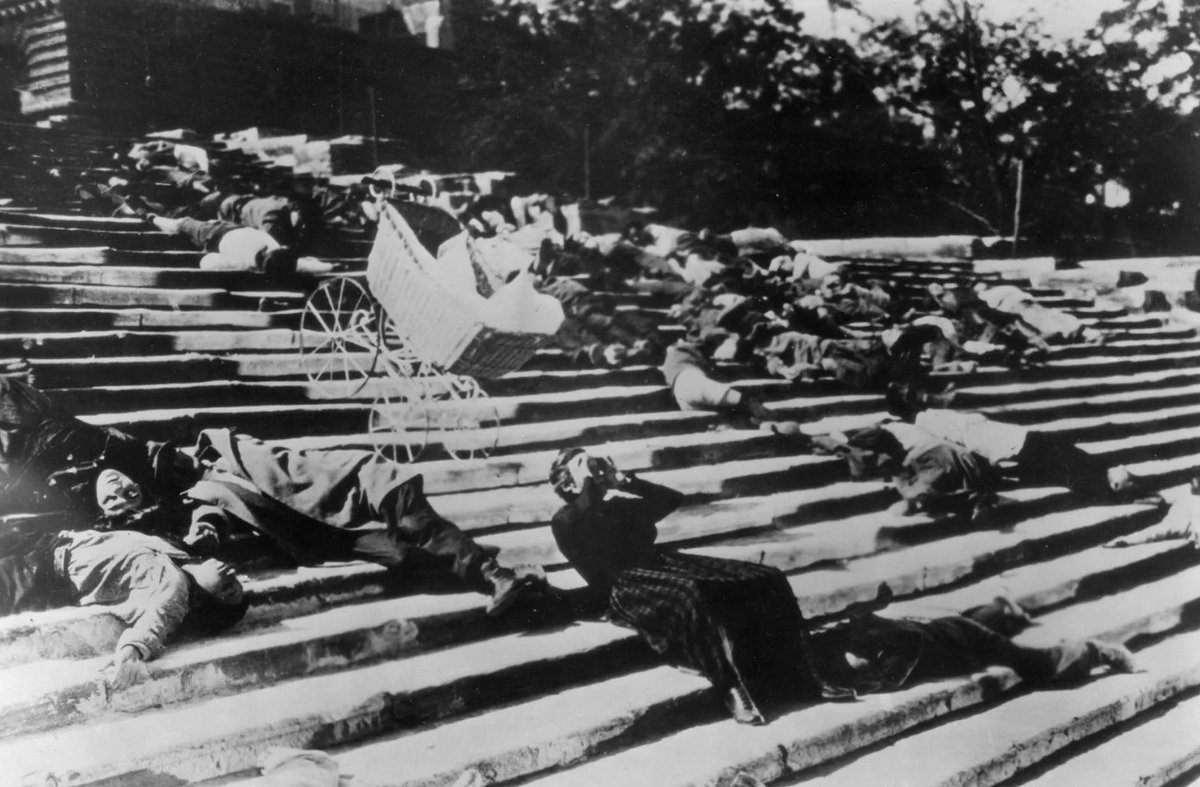
The film isn’t exactly historically accurate. Where Eliot Ness is very much a pro-prohibition do-gooder tin the film, the real Ness was allegedly an alcoholic who didn’t adhere to prohibition himself.
27/34

27/34
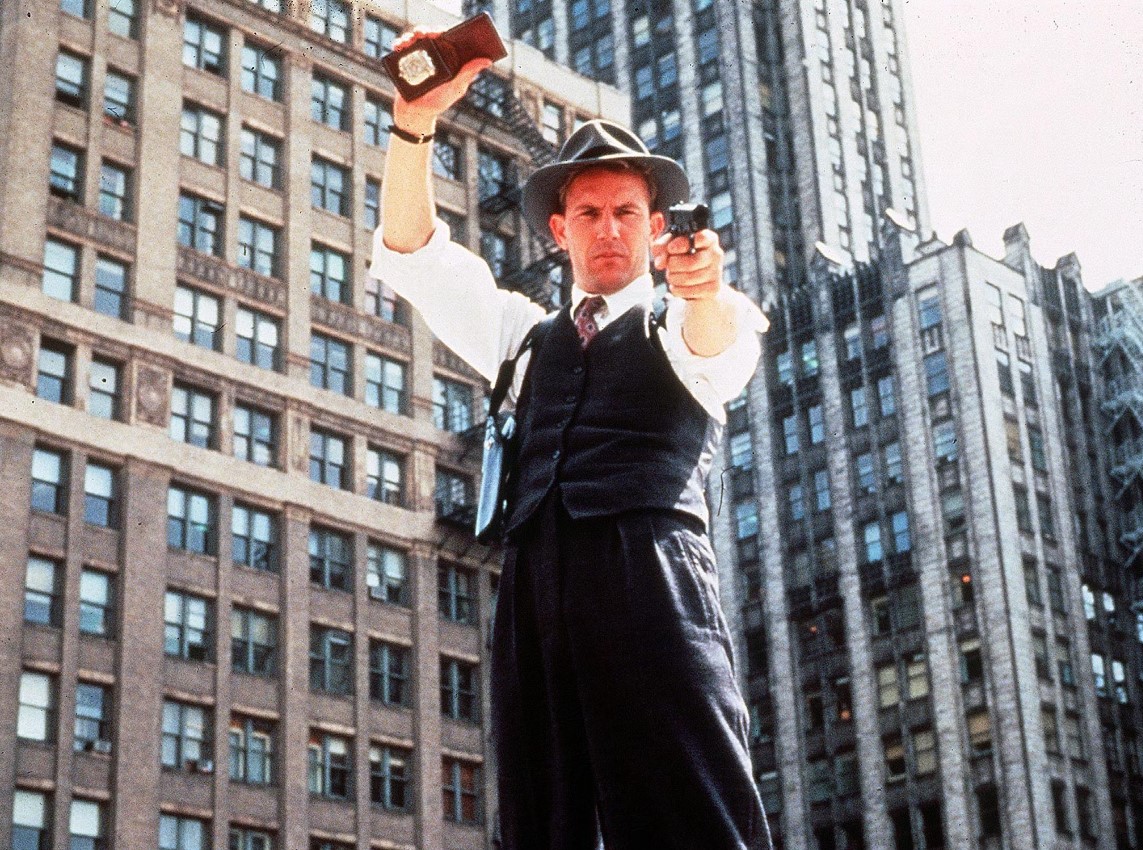
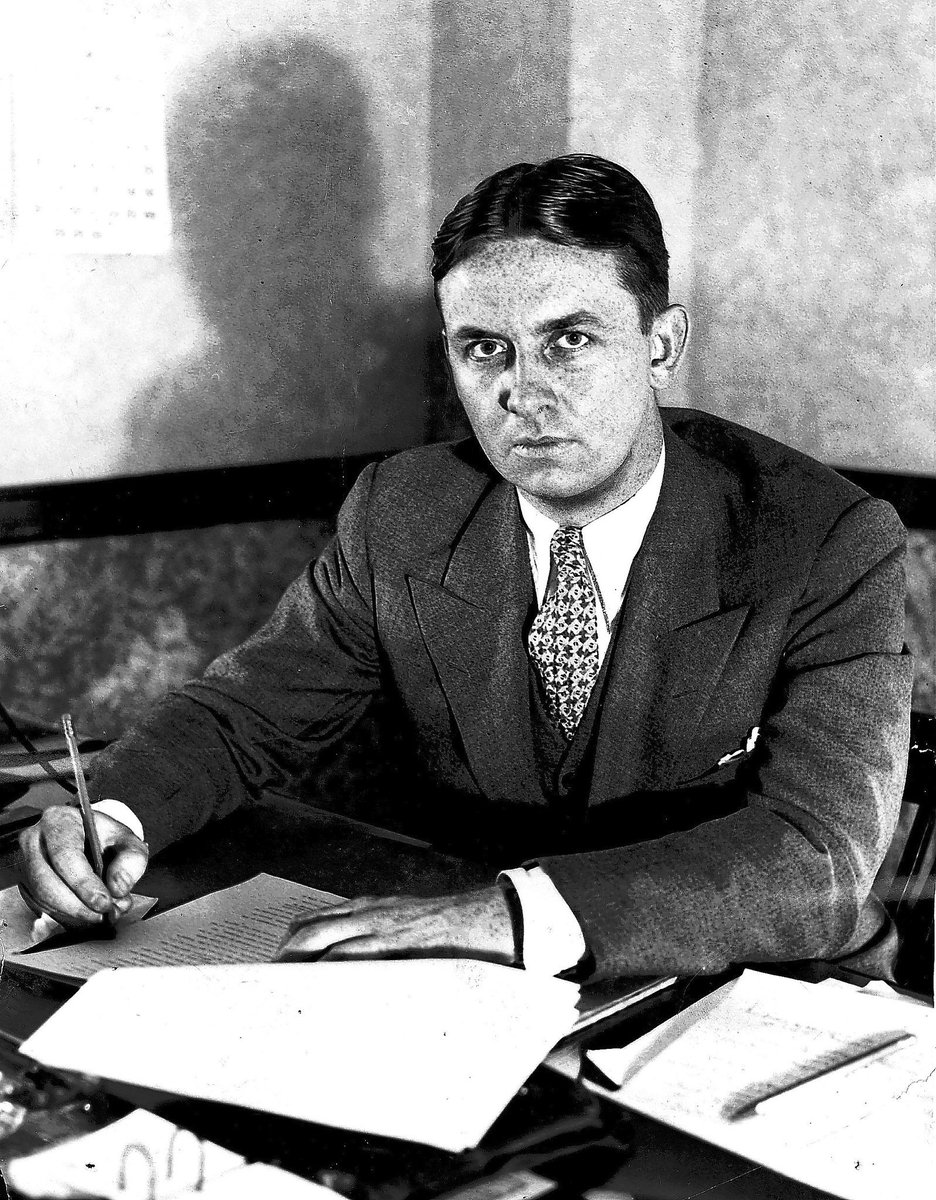
In real life, the event that made the Chicago Police focus their efforts on taking down Capone was The Saint Valentine’s Day Massacre in 1929. In the film, this is replaced with a bomb detonating in a pub, killing a little girl.
28/34
28/34
The midpoint action set piece is the Canadian border sequence. This was a complete fabrication. In fact, alcohol was legal in Canada so it wouldn’t even have been illegal.
29/34
29/34
Ness did not kill Frank Nitti in real life – Nitti committed suicide years later. And in real life, Eliot Ness and Al Capone never even met in person.
30/34


30/34



It has been said the baseball scene, however, is based on reality. There was an alleged incident where Capone set about two members of a rival gang with a baseball bat. This tale inspired the scene below…
31/34
31/34
Mamet had originally written a different final scene. It started with a close up of Capone’s face being shaved. The camera would pull out to show that he has reporters around him, like the opening scene of the film. This time though, Capone is in a jail cell.
32/34
32/34
On a budget of $25 million, The Untouchables was a hit, taking $106.2 million globally. And at the time, it received mostly positive reviews from critics:
33/34

33/34


De Palma and Paramount had a sequel script called Capone Rising. This was a prequel about Capone’s rise to power. De Palma wanted Nicolas Cage as Capone and Gerard Butler as a young Malone. De Palma said the script was “Great, but we’ve not been able to get it together.”
34/34

34/34


If you liked this thread please reweet the opening tweet 😀
https://twitter.com/ATRightMovies/status/1664931737149775873?s=20
Our latest podcast is on a modern classic in Paul Thomas Anderson's THERE WILL BE BLOOD. Please check it out...
alltherightmovies.com/podcast/there-…
alltherightmovies.com/podcast/there-…
• • •
Missing some Tweet in this thread? You can try to
force a refresh


